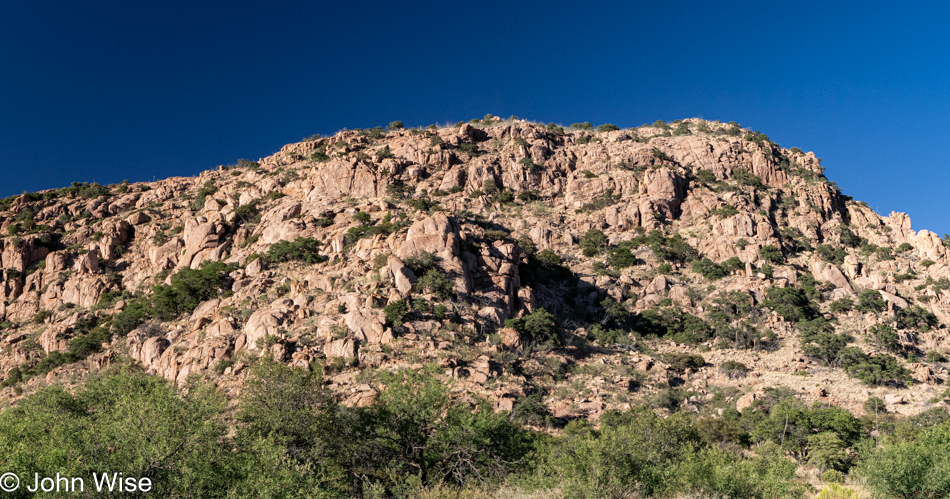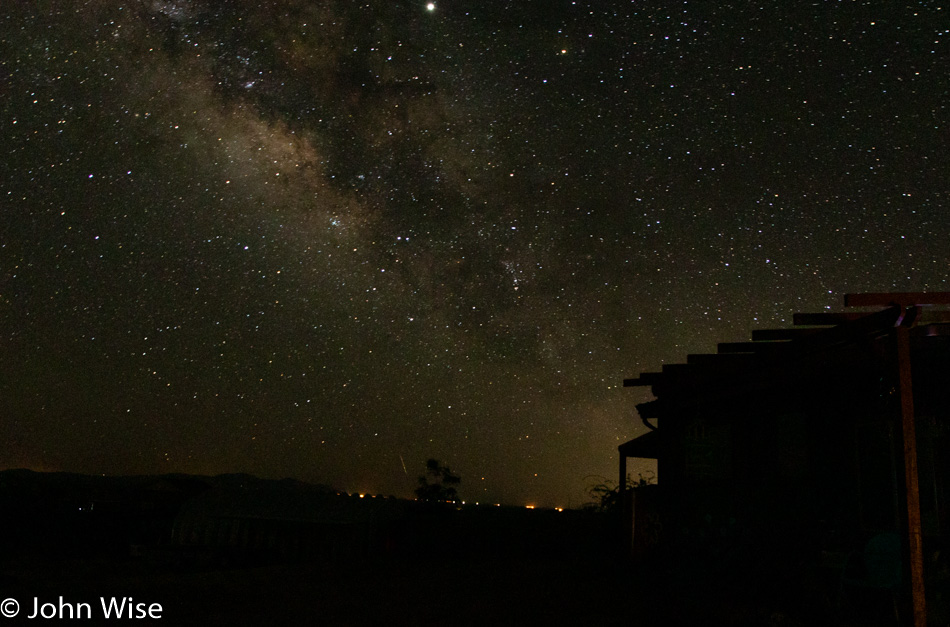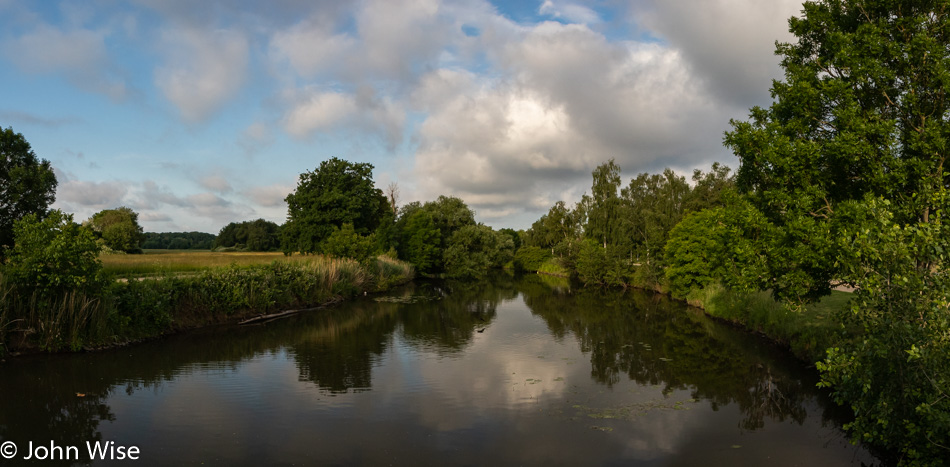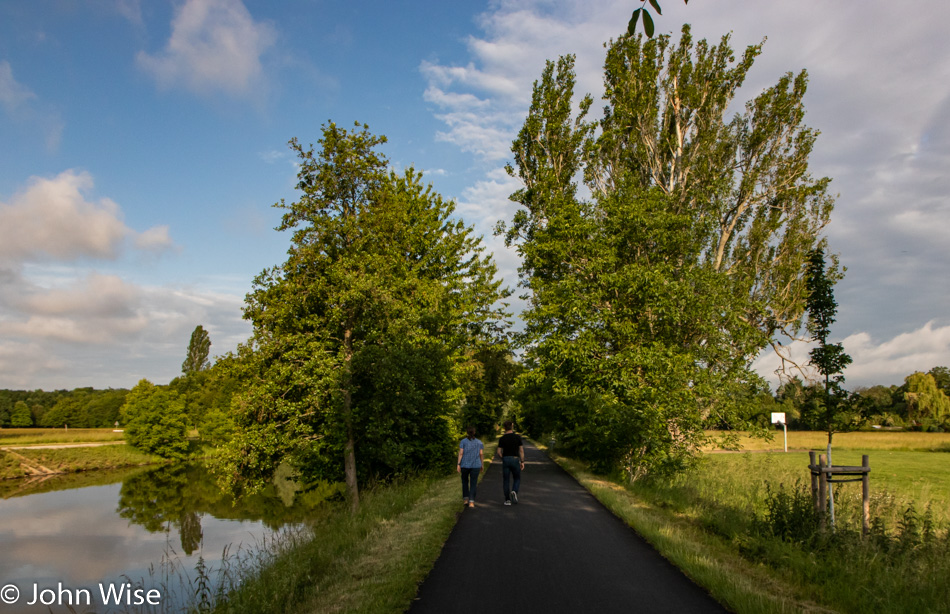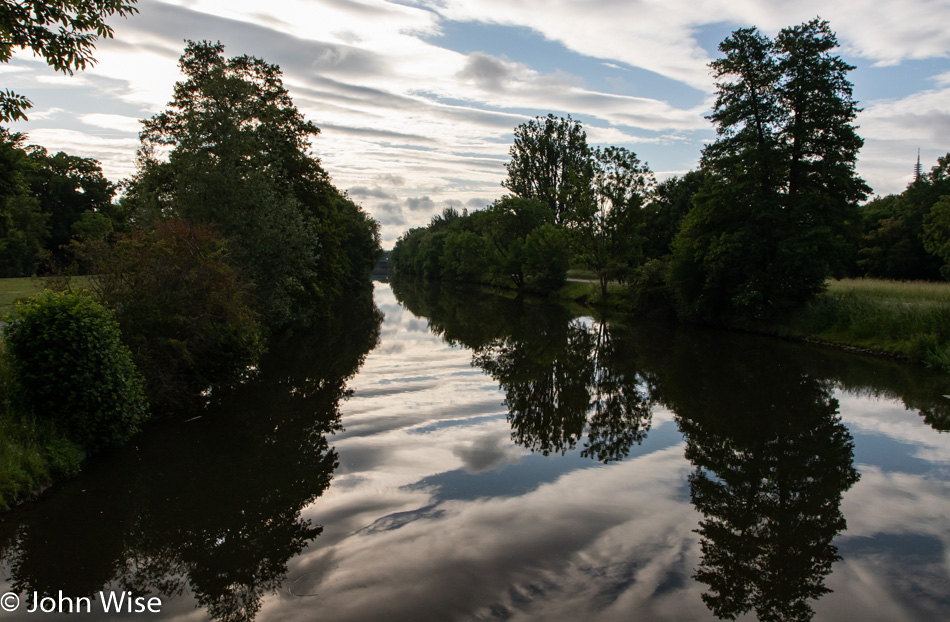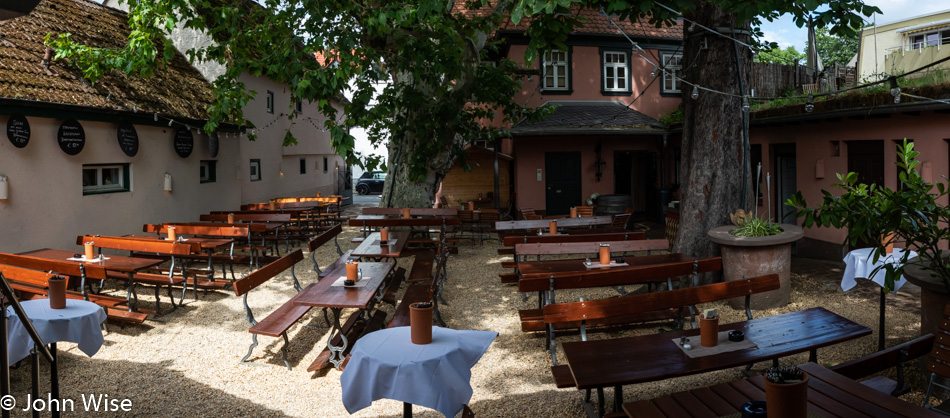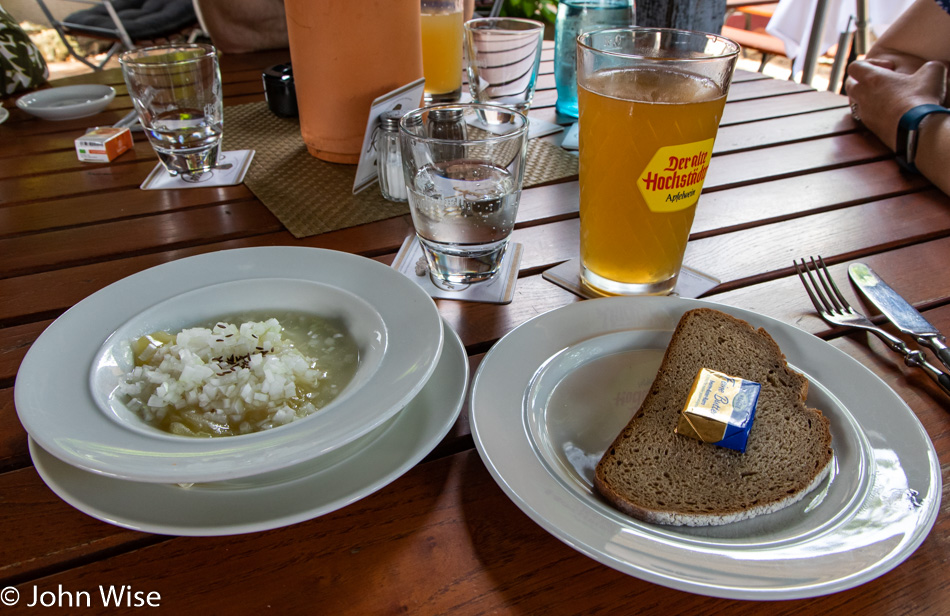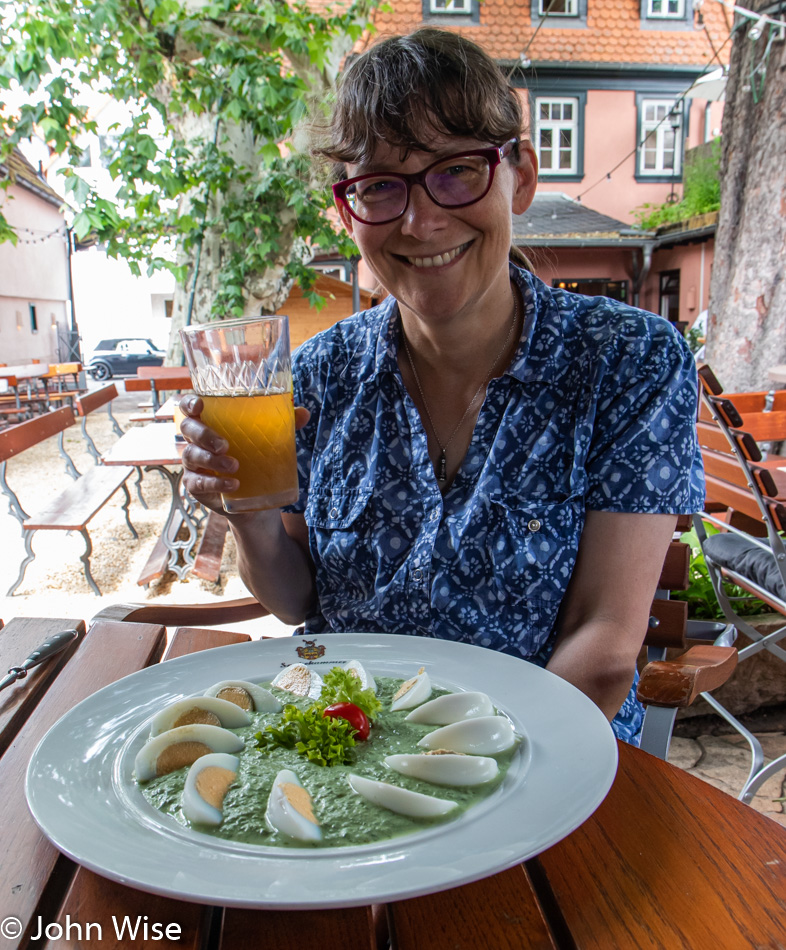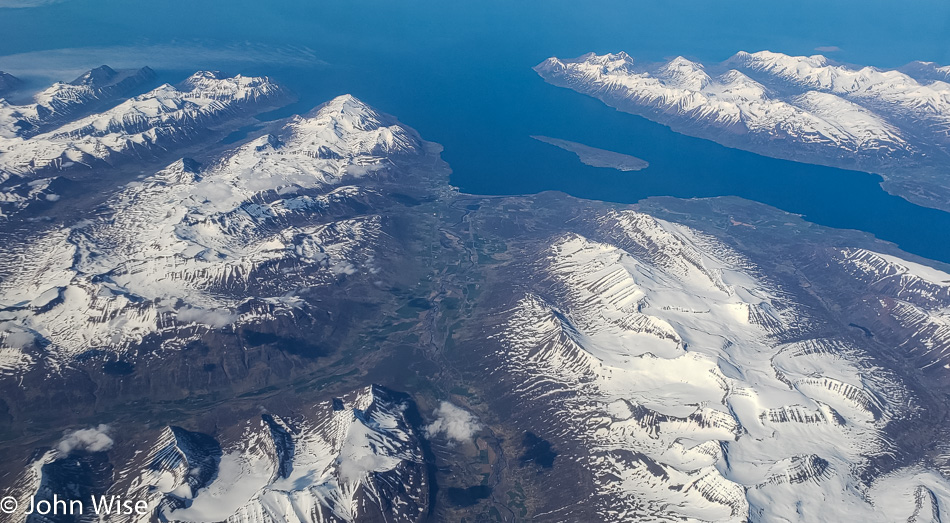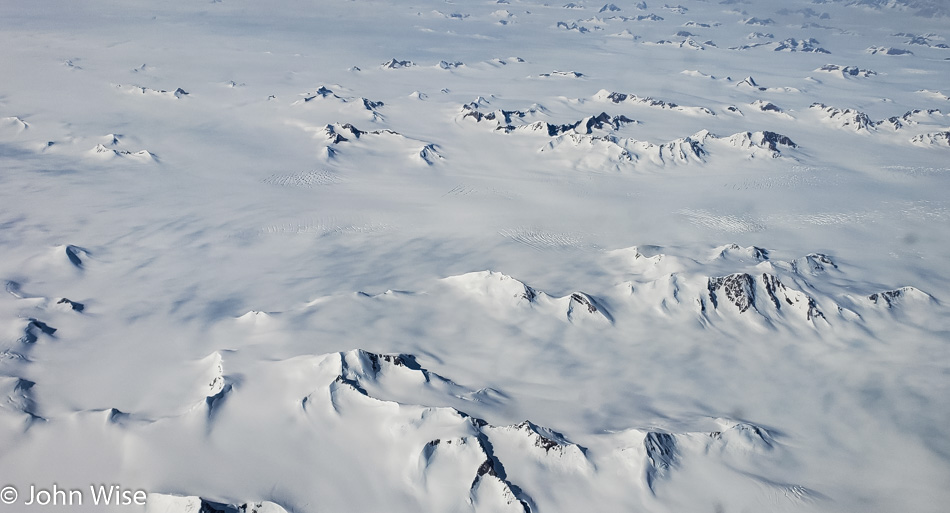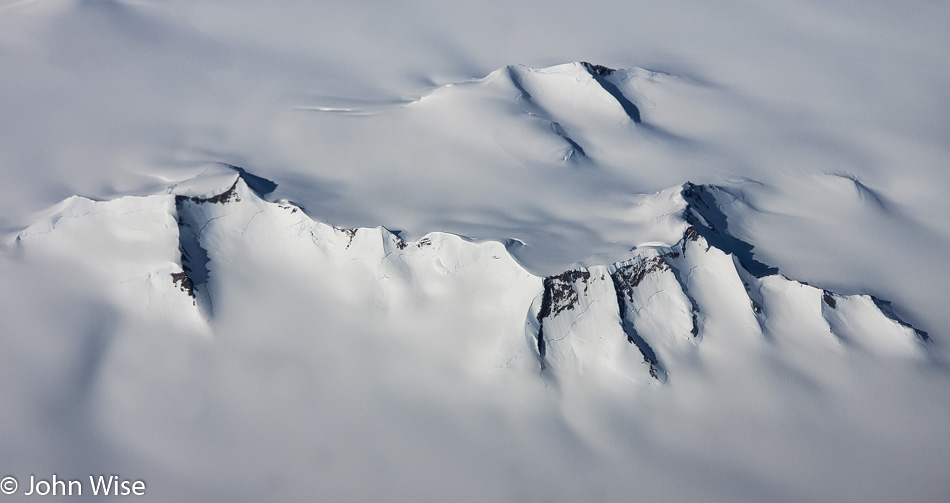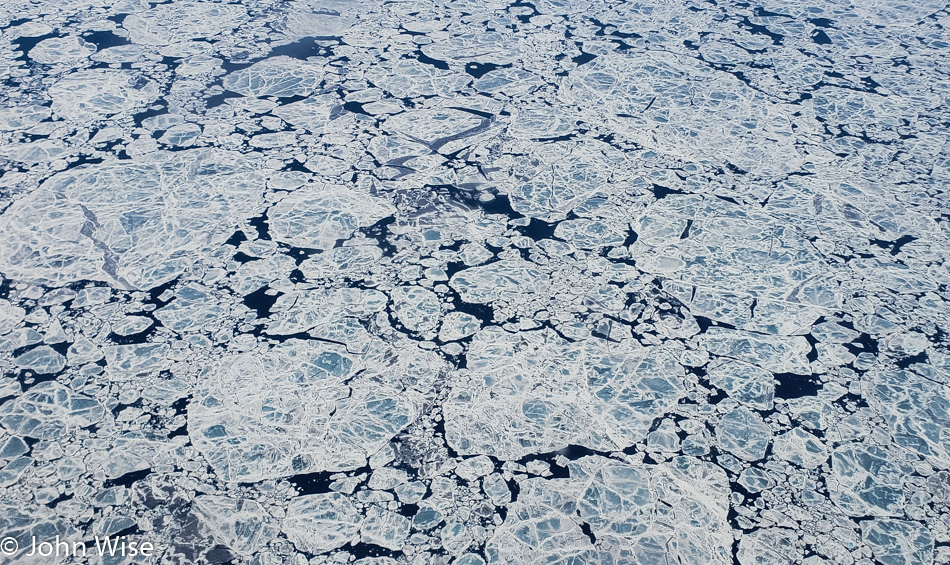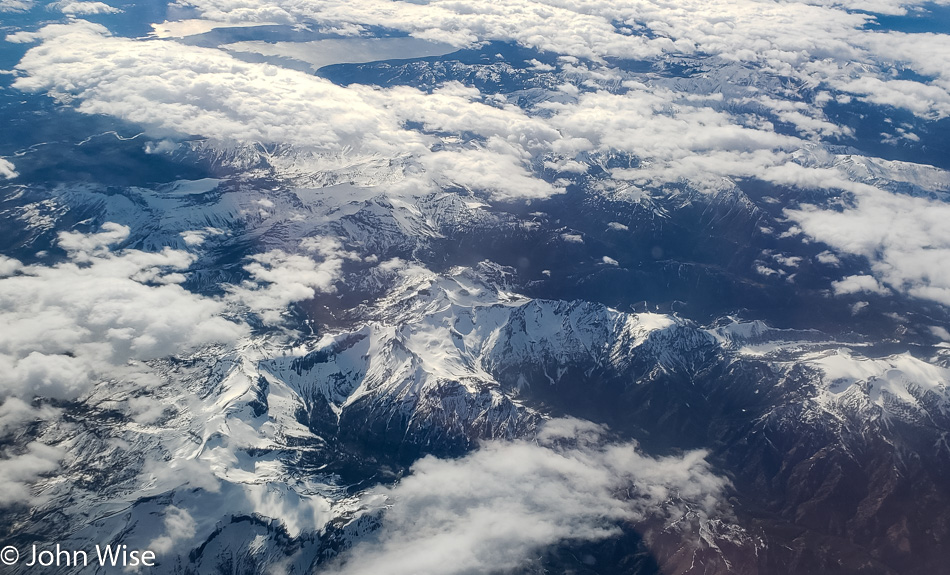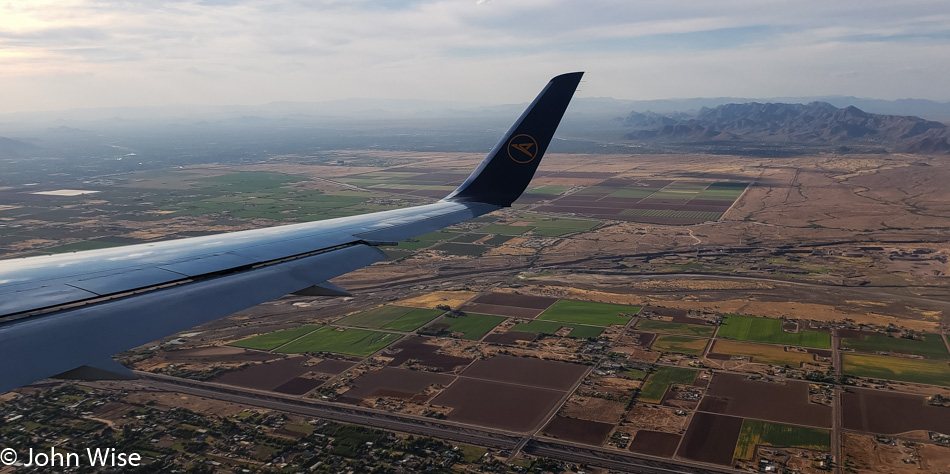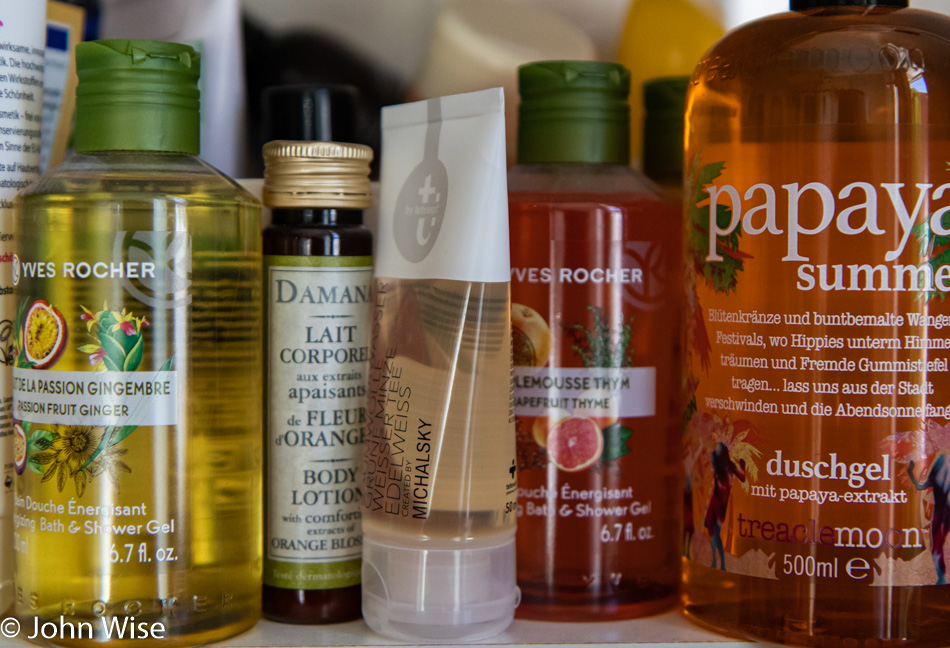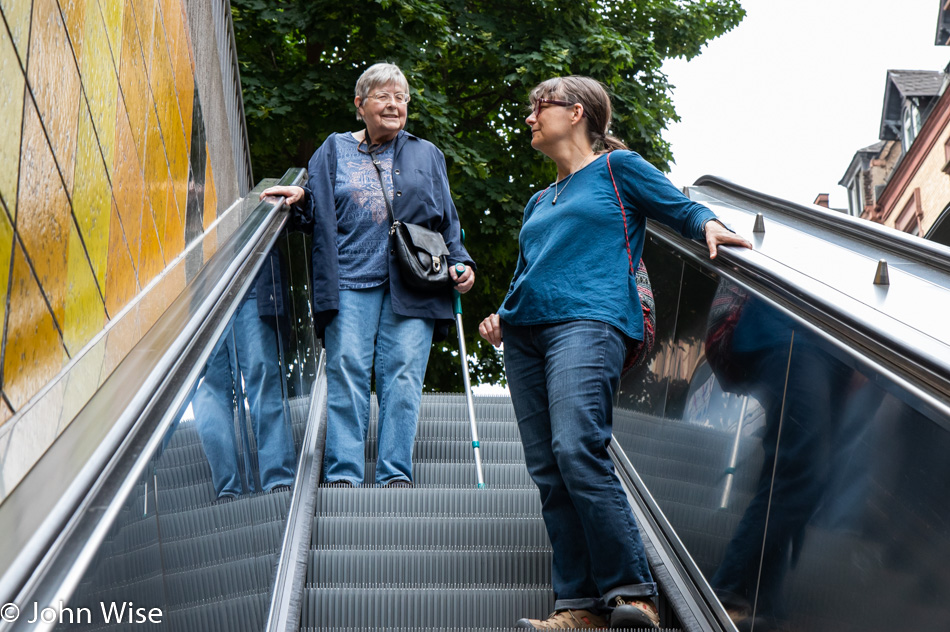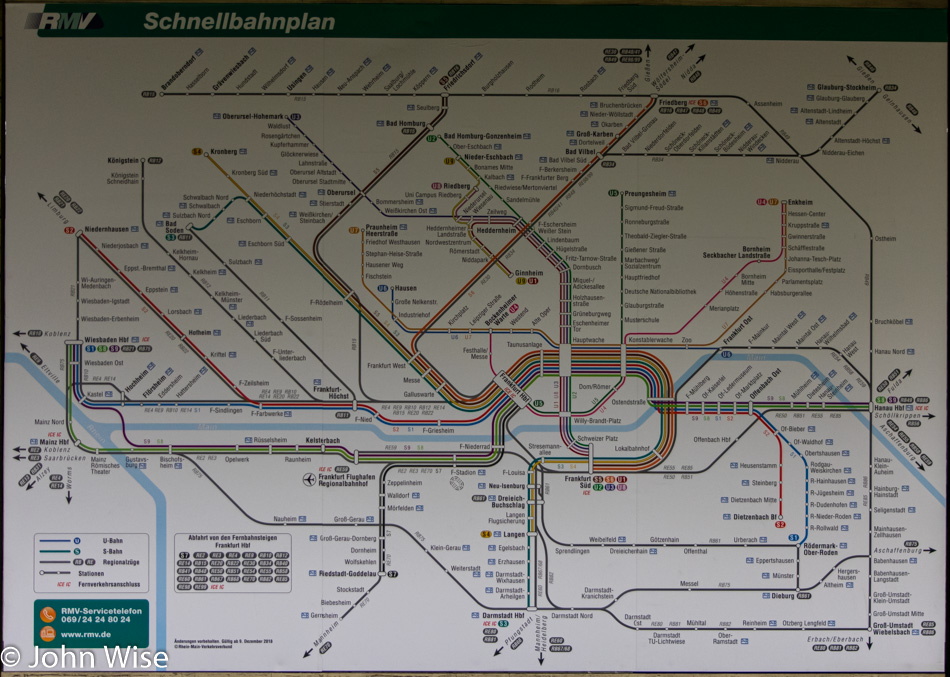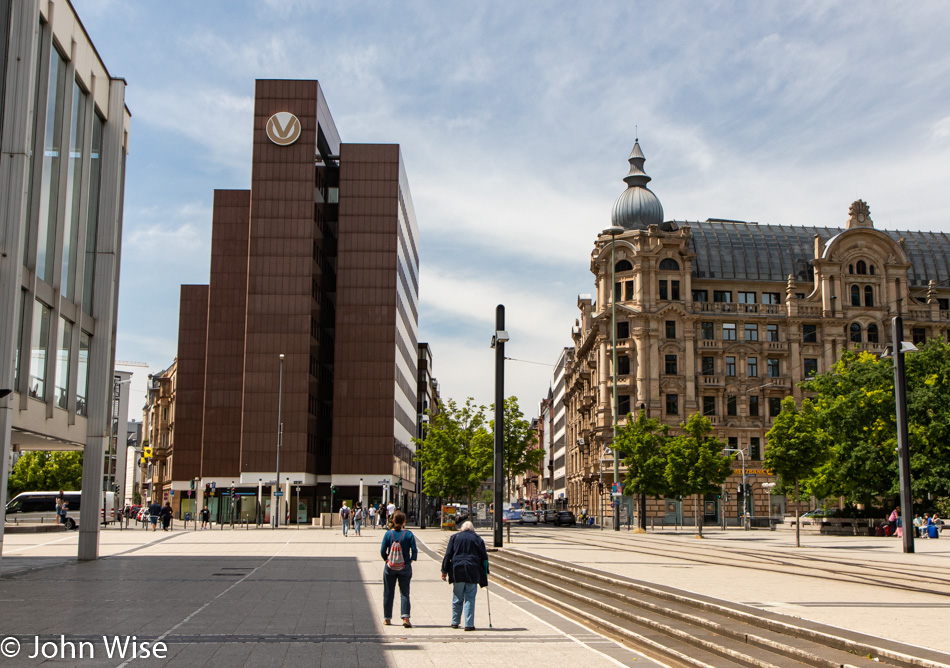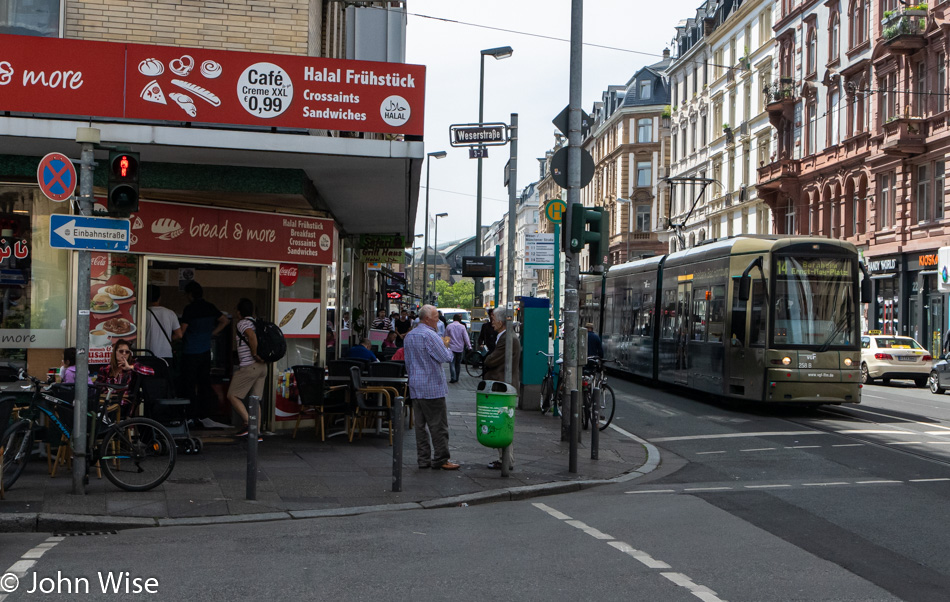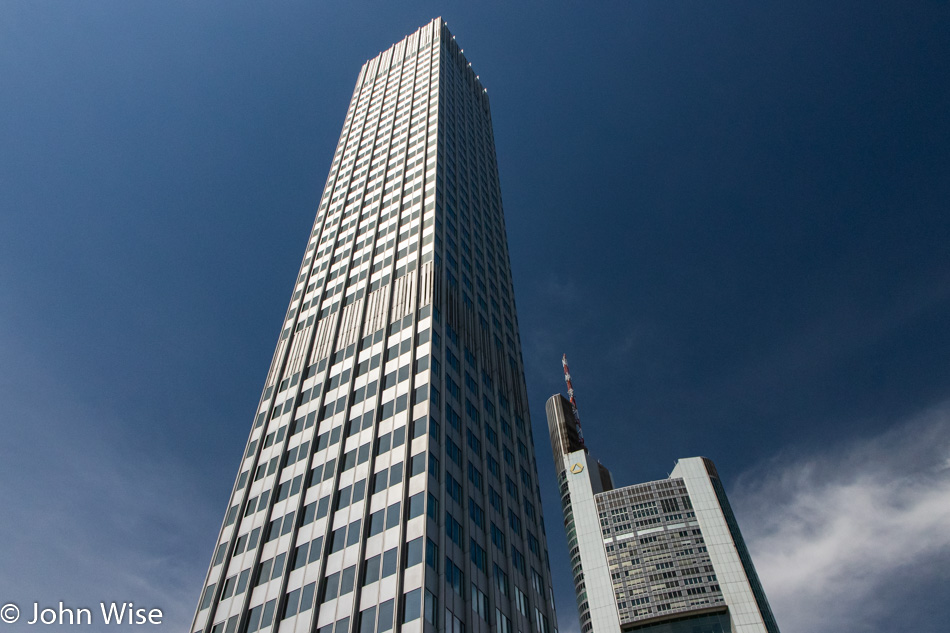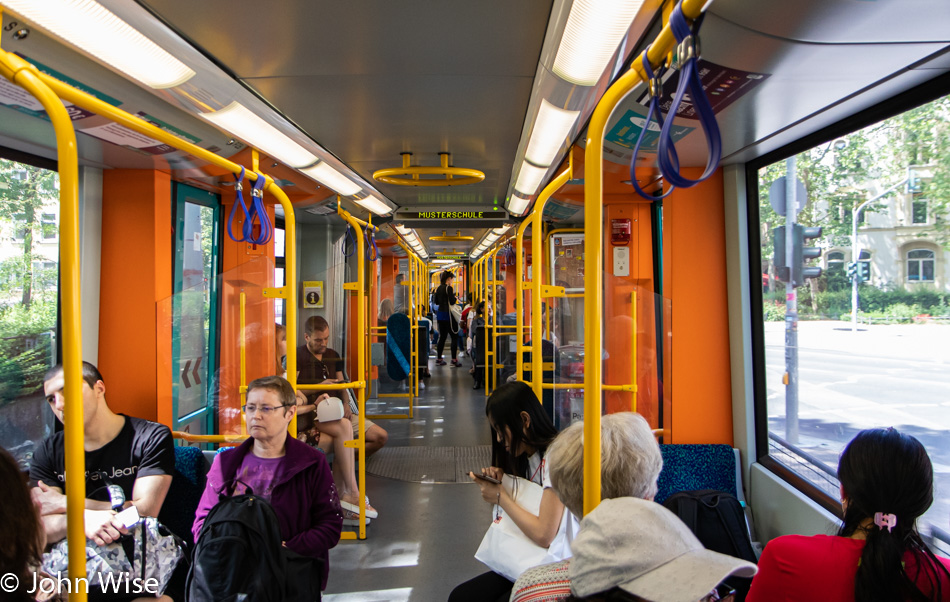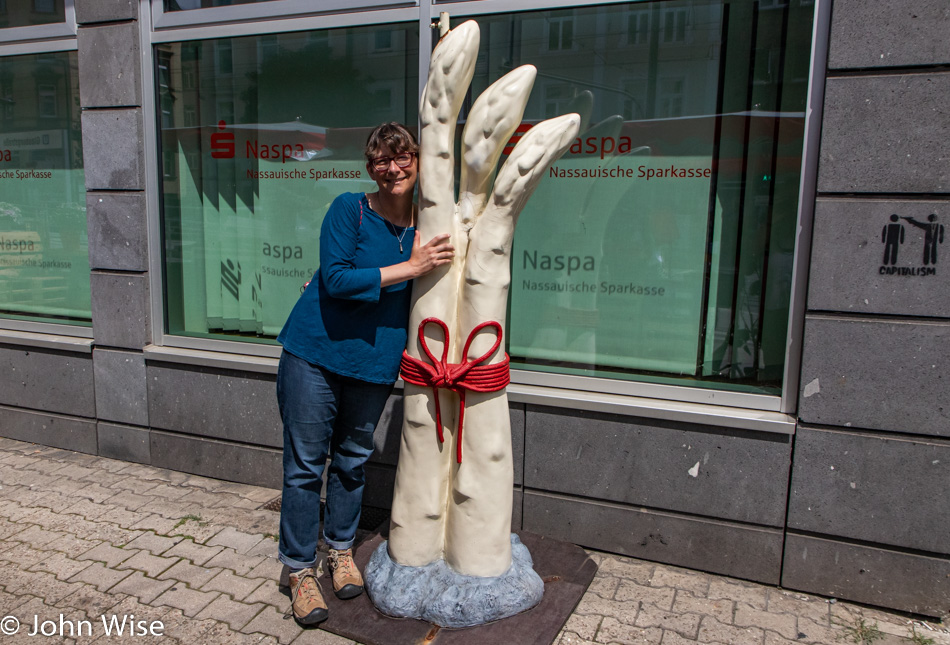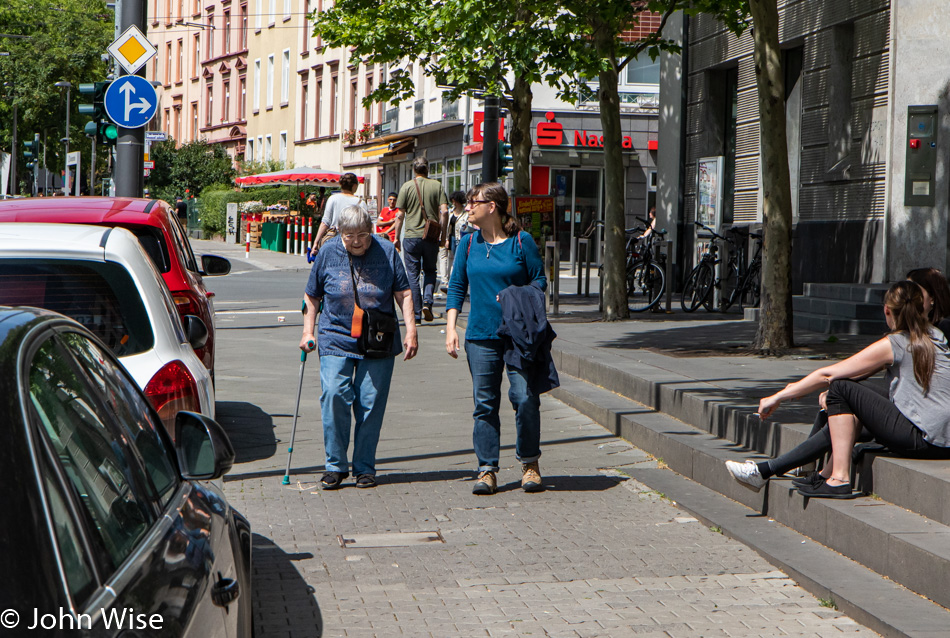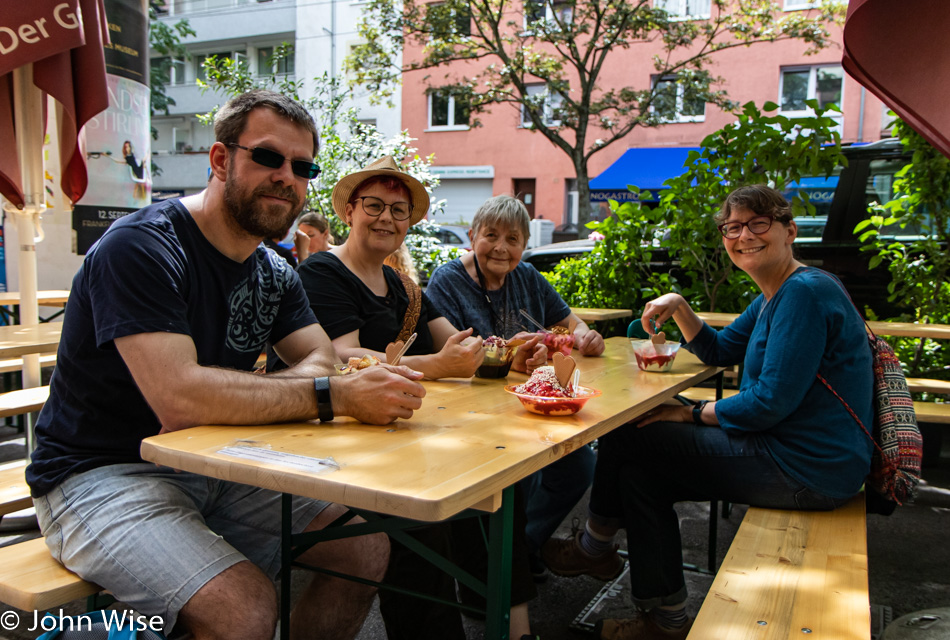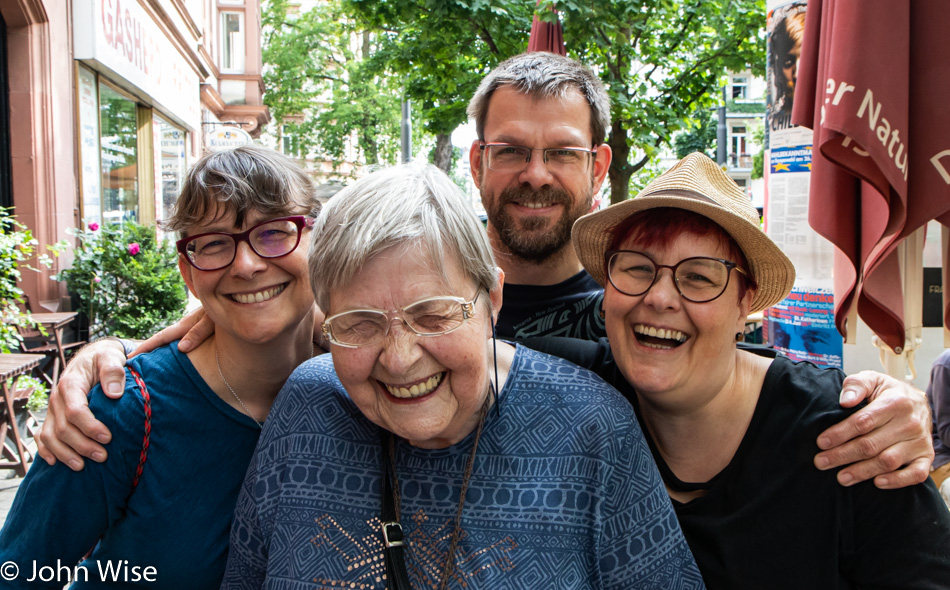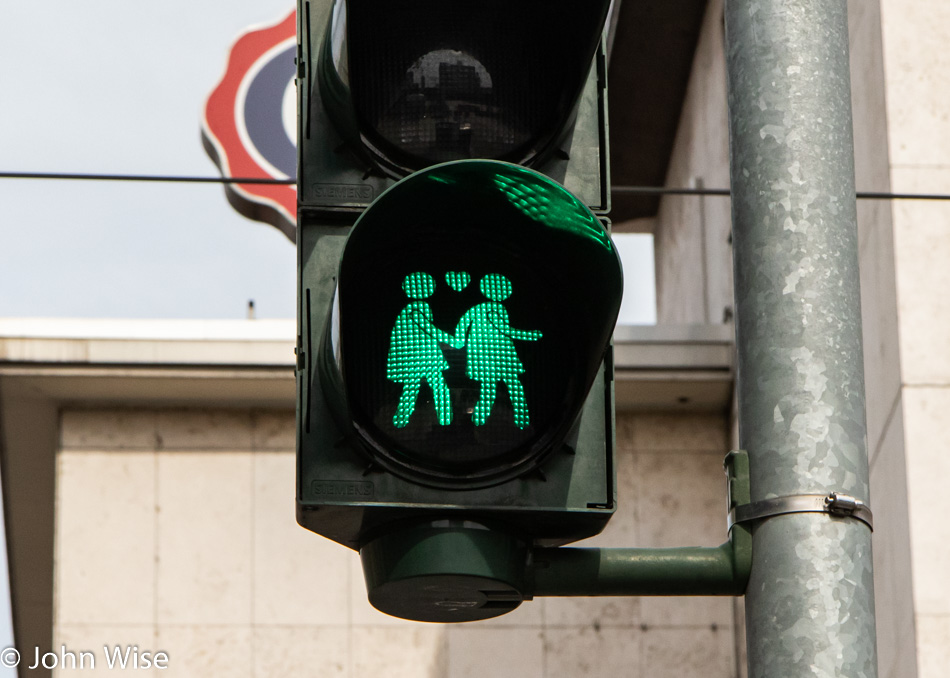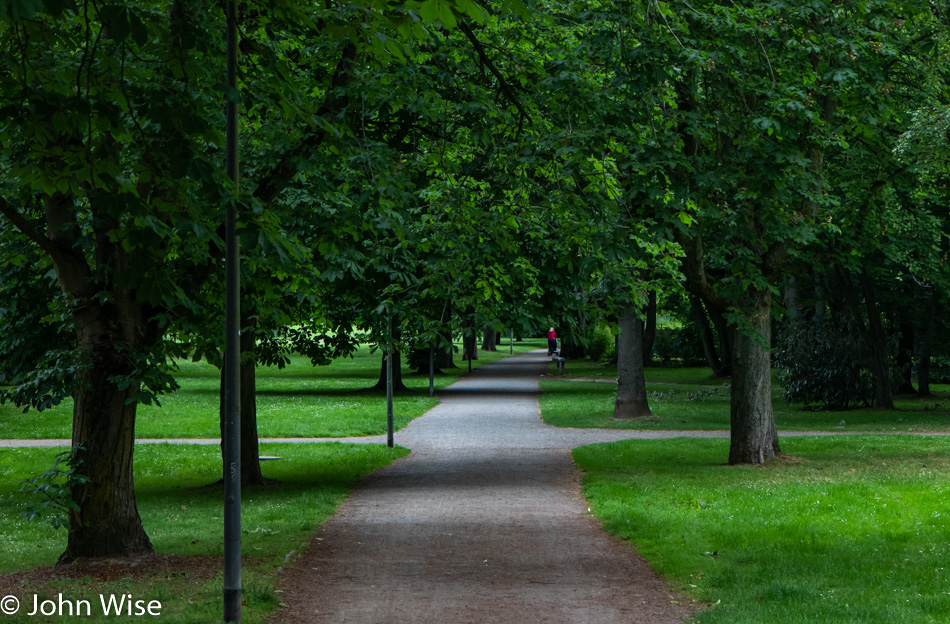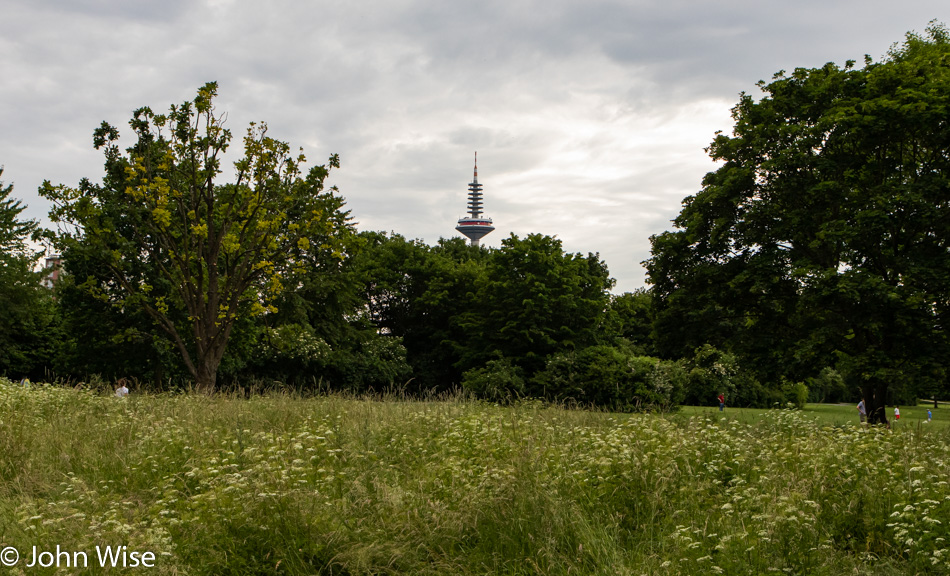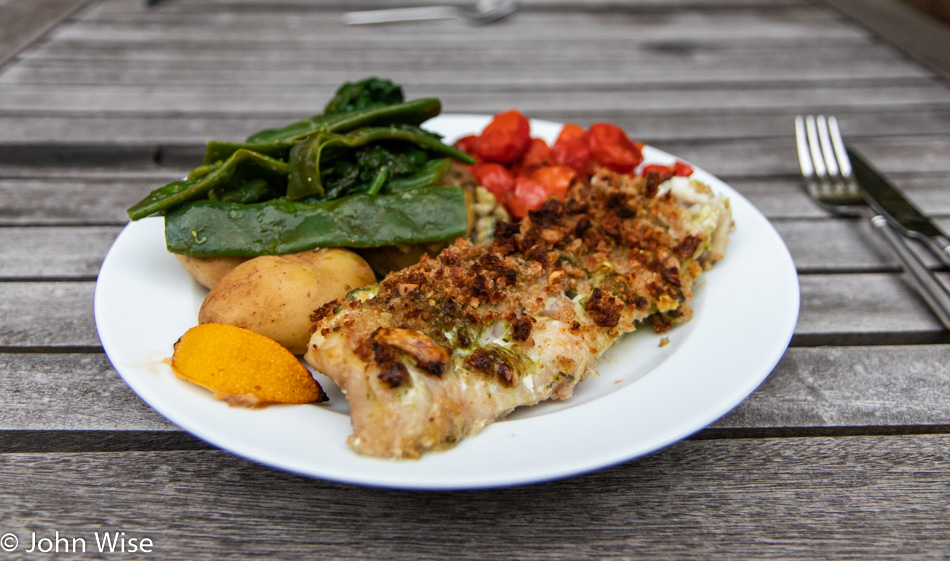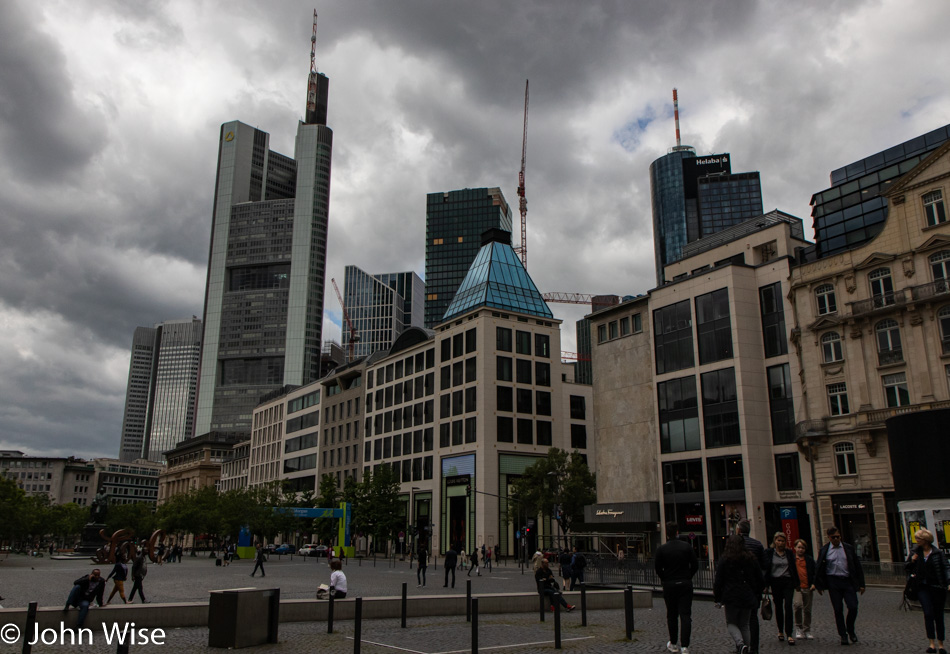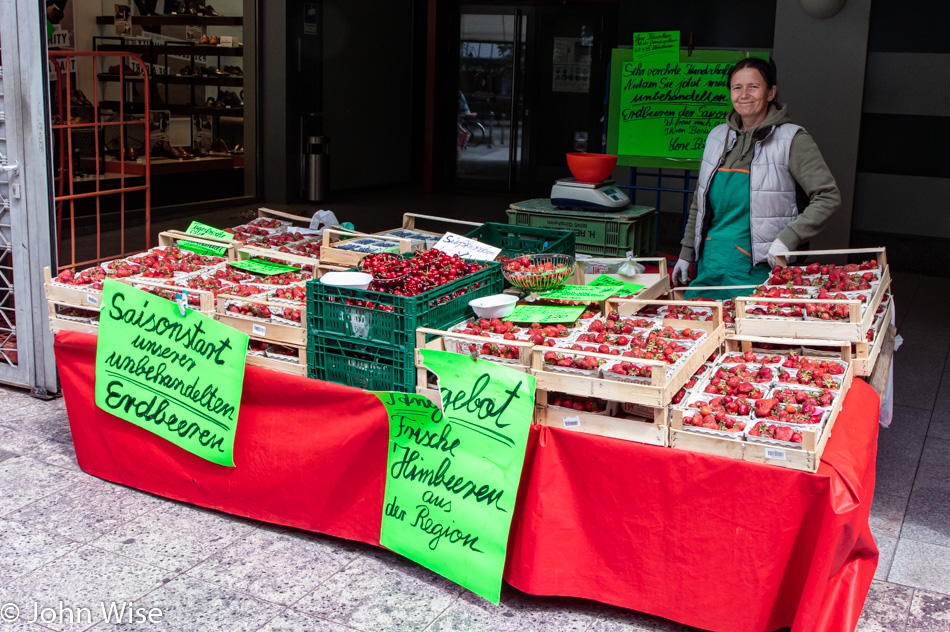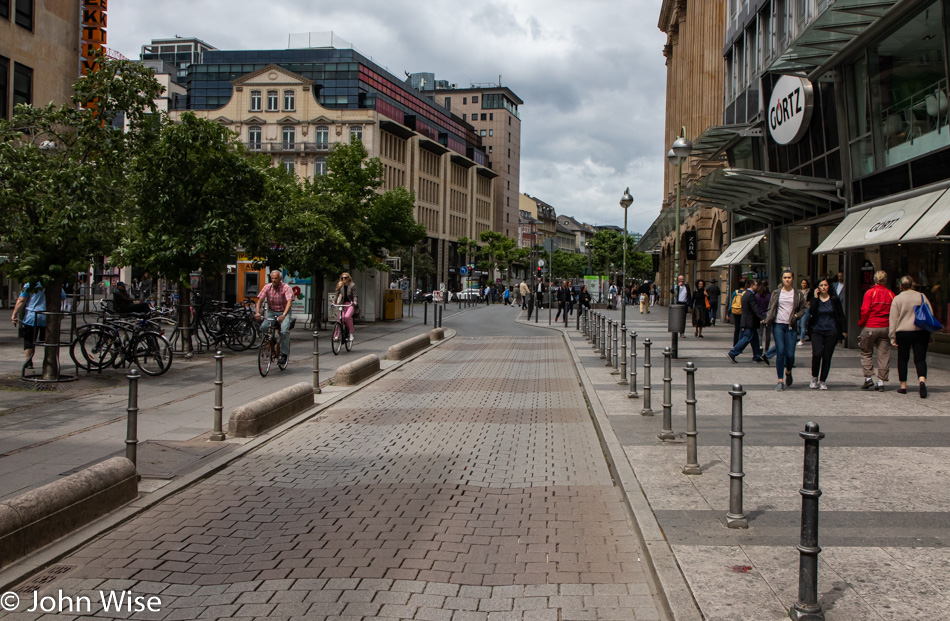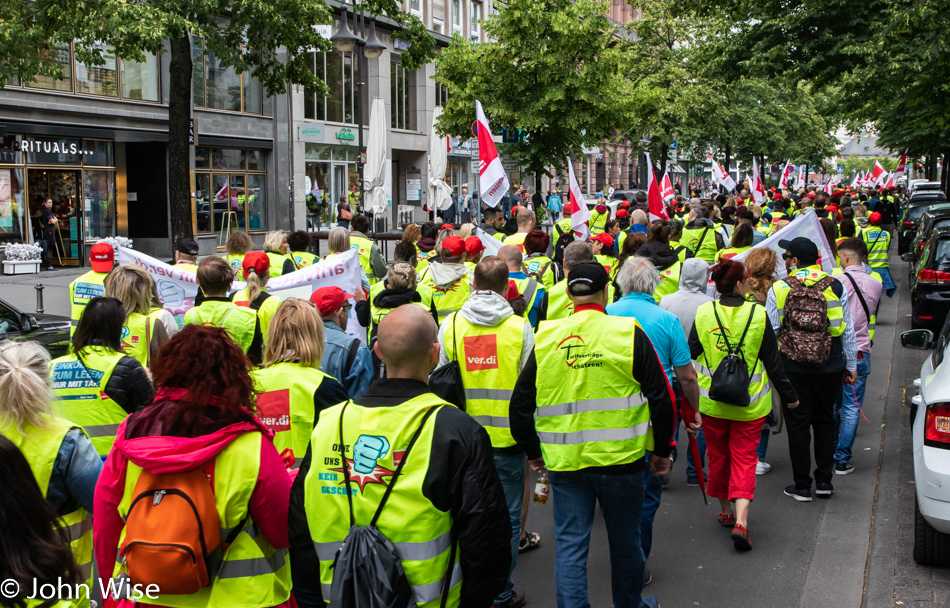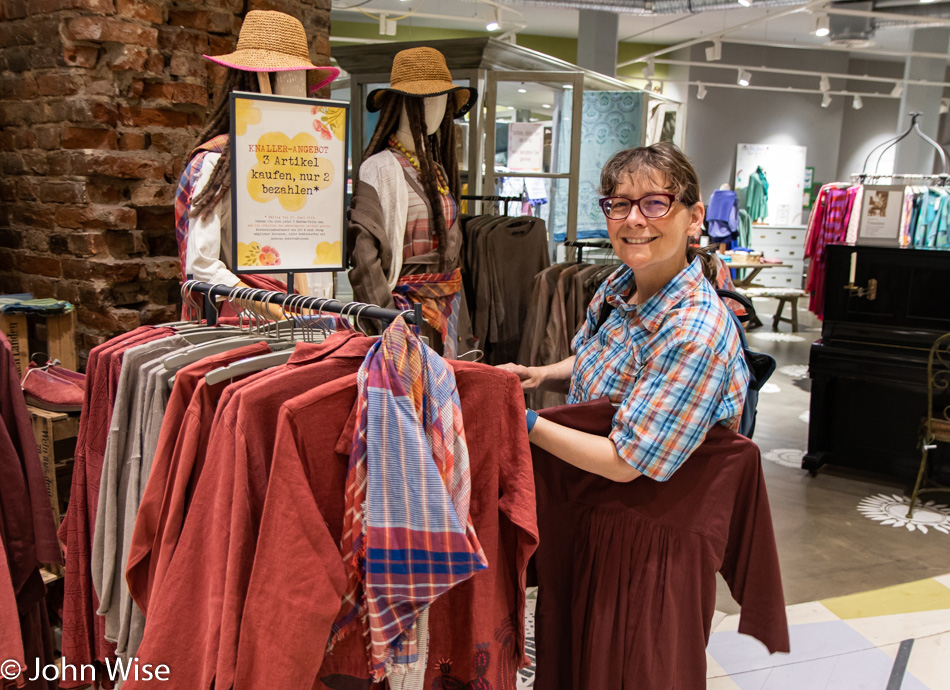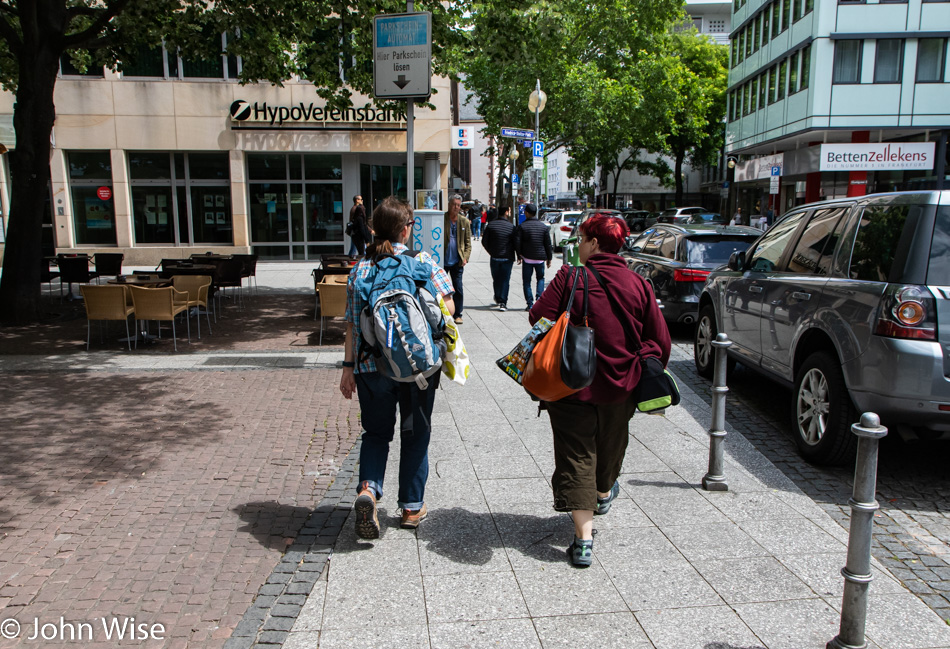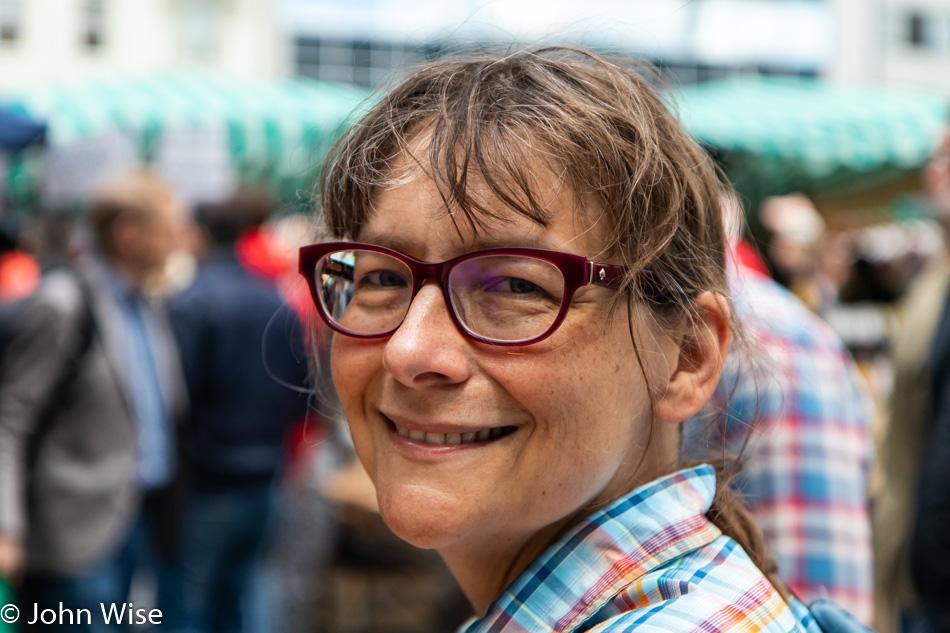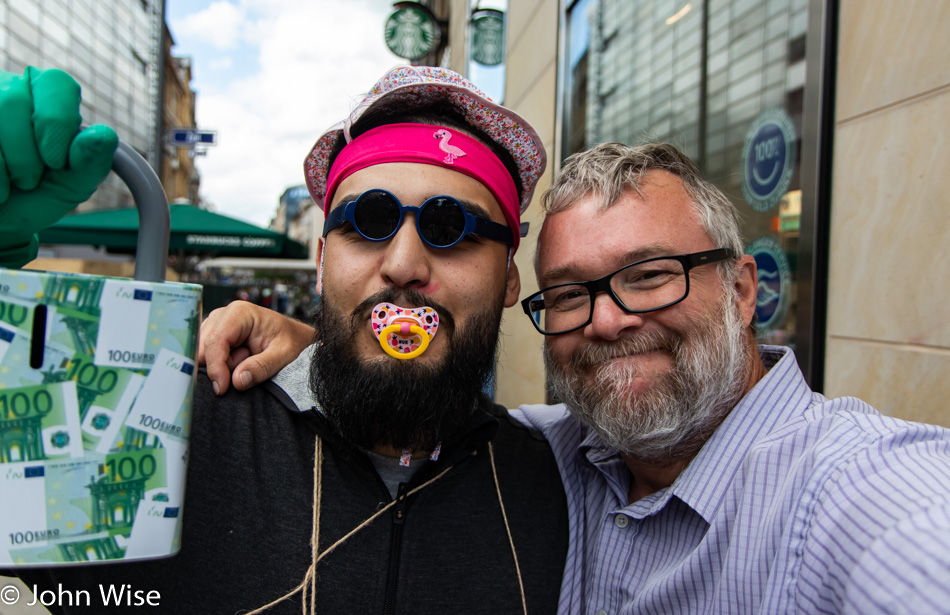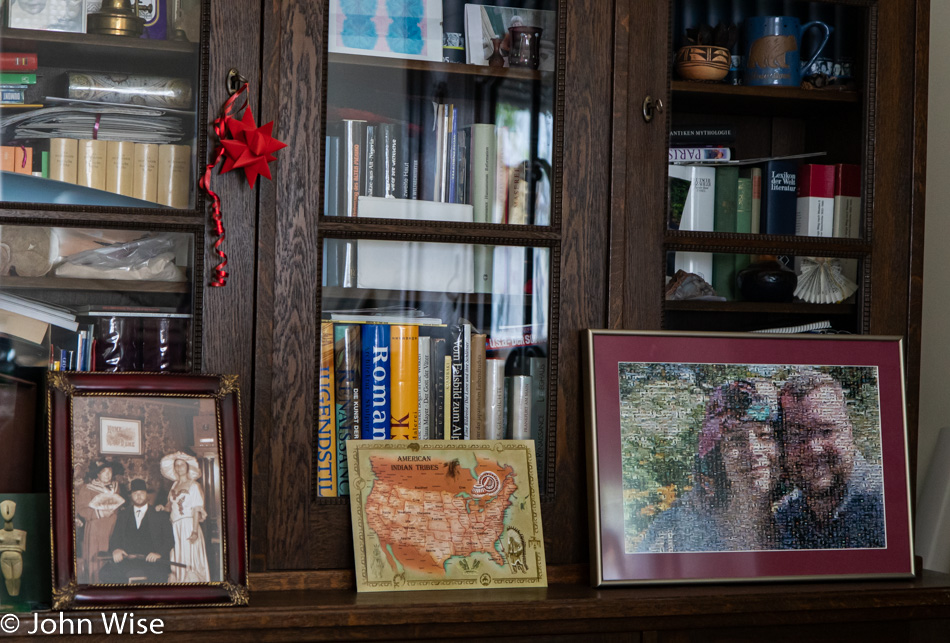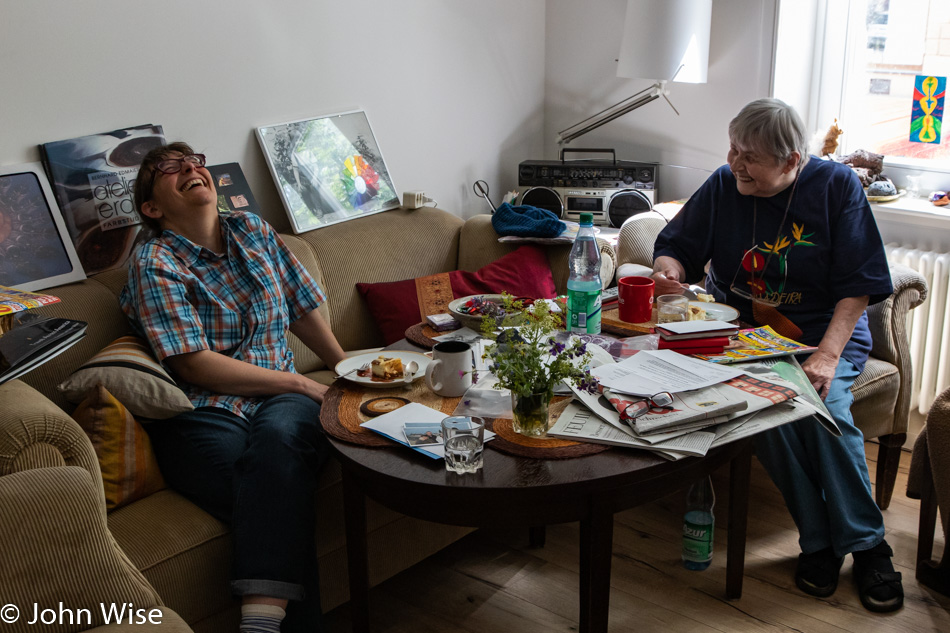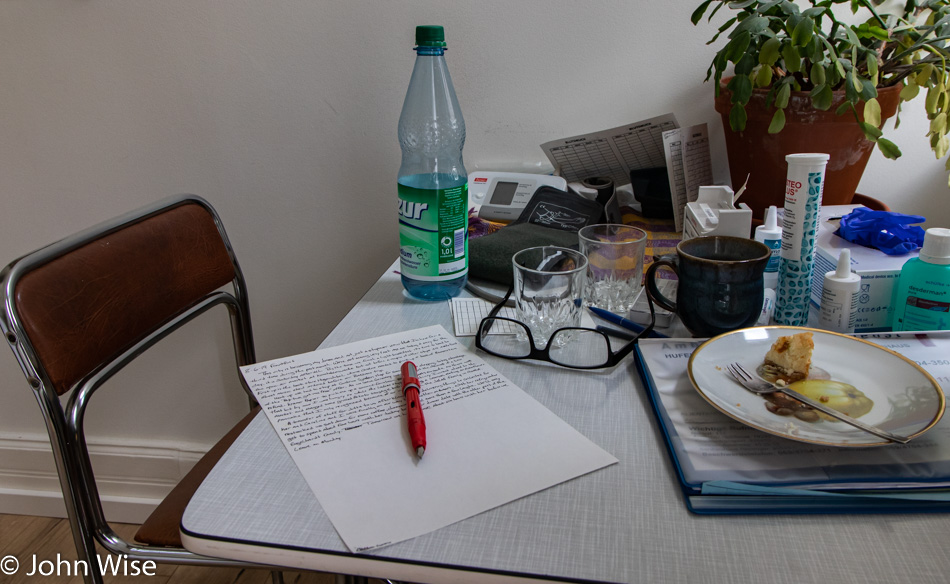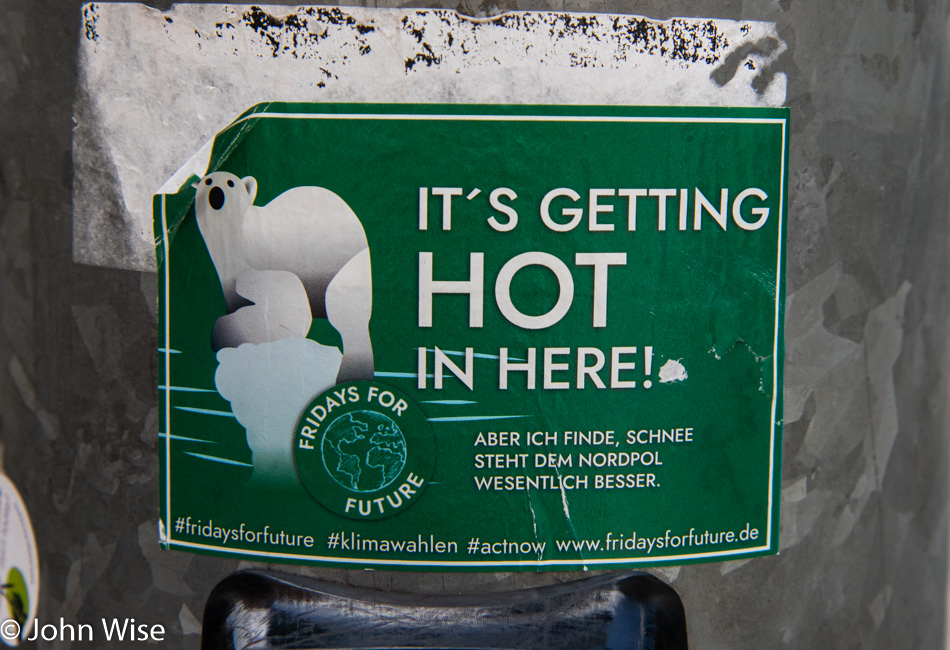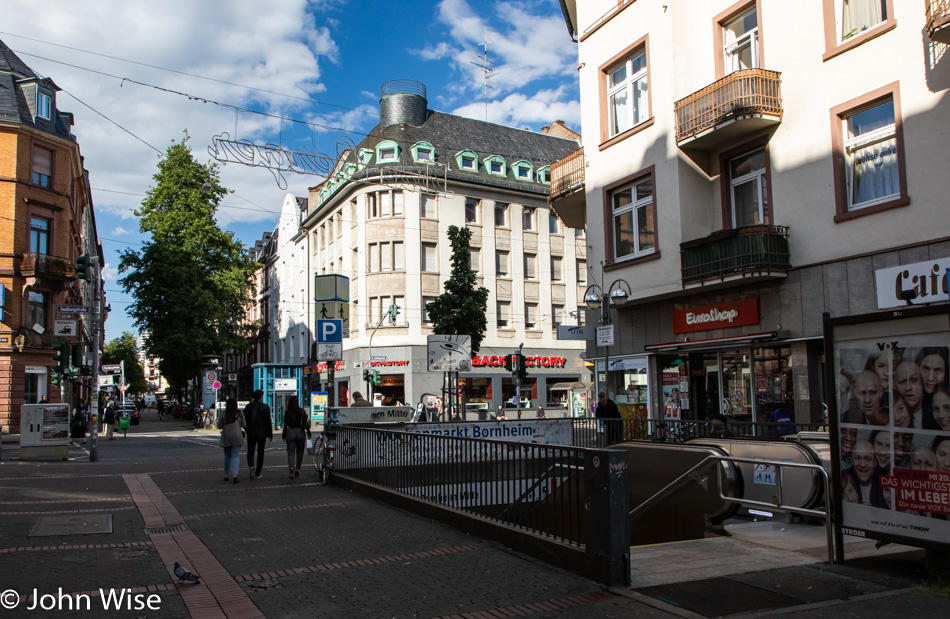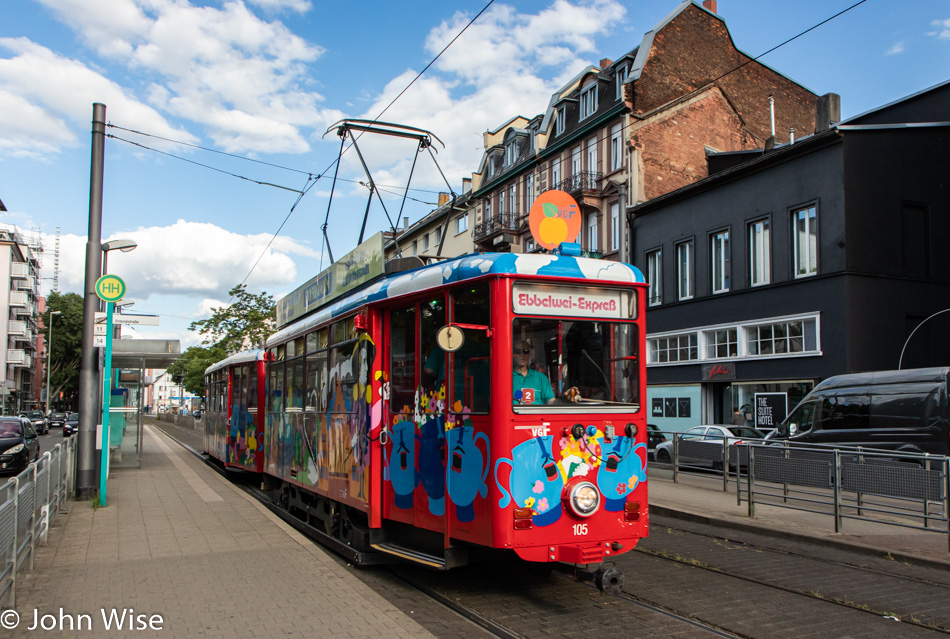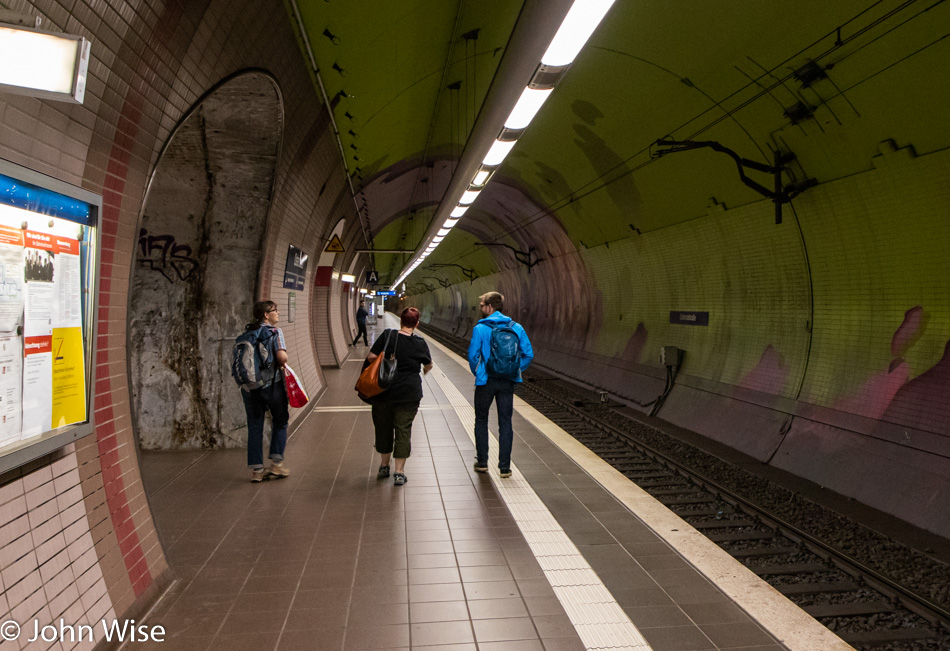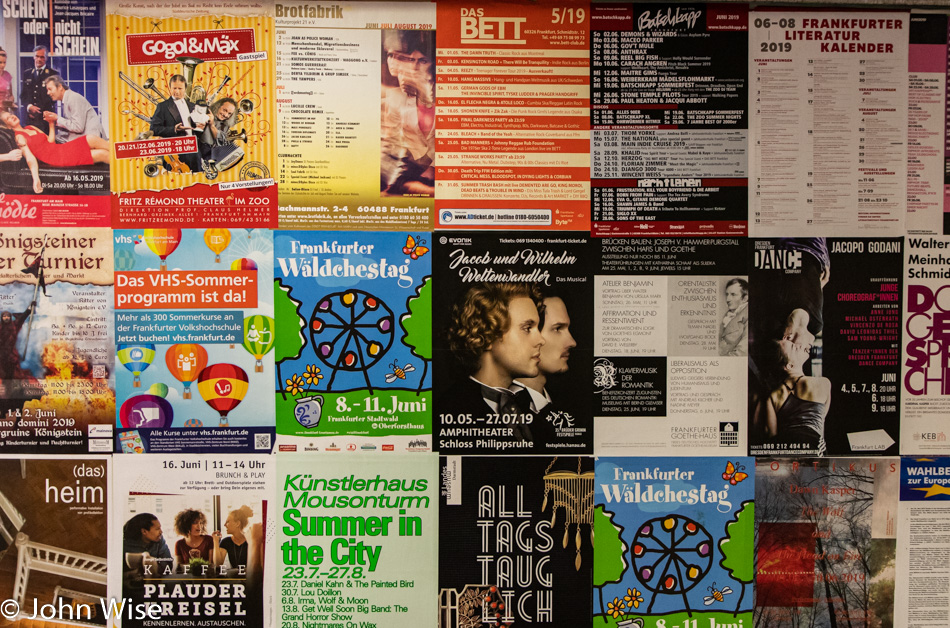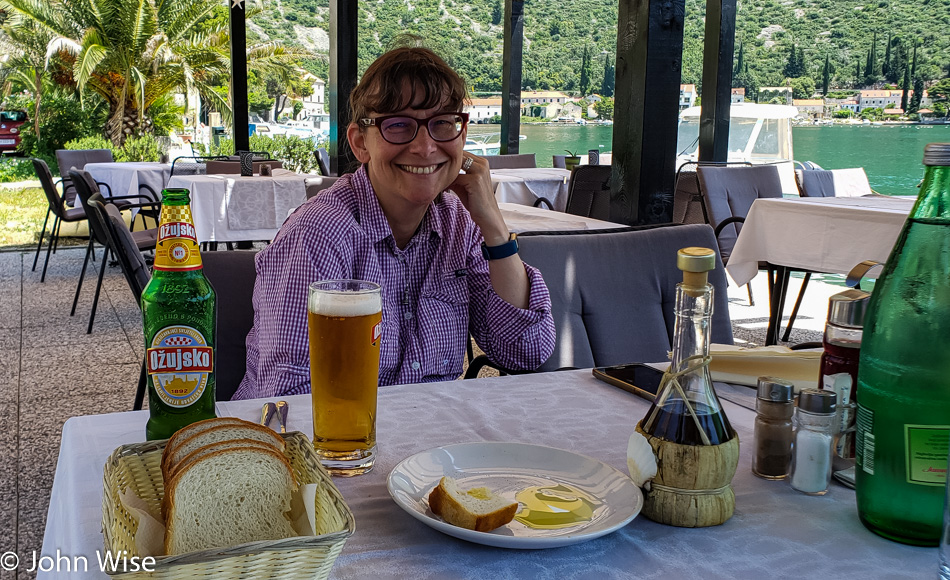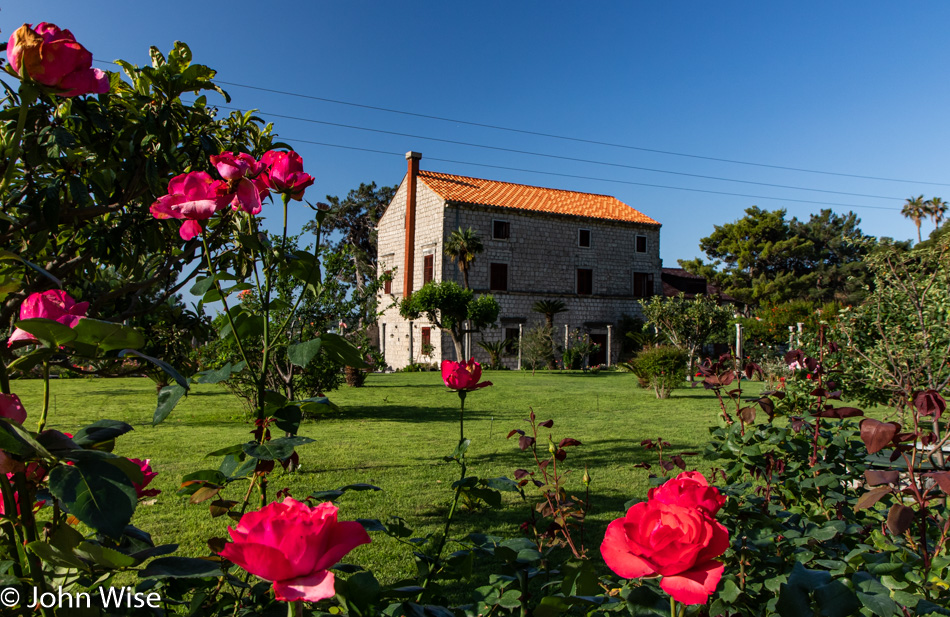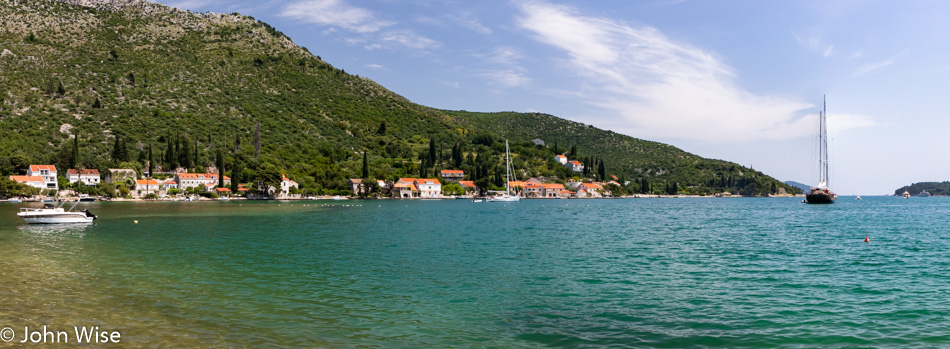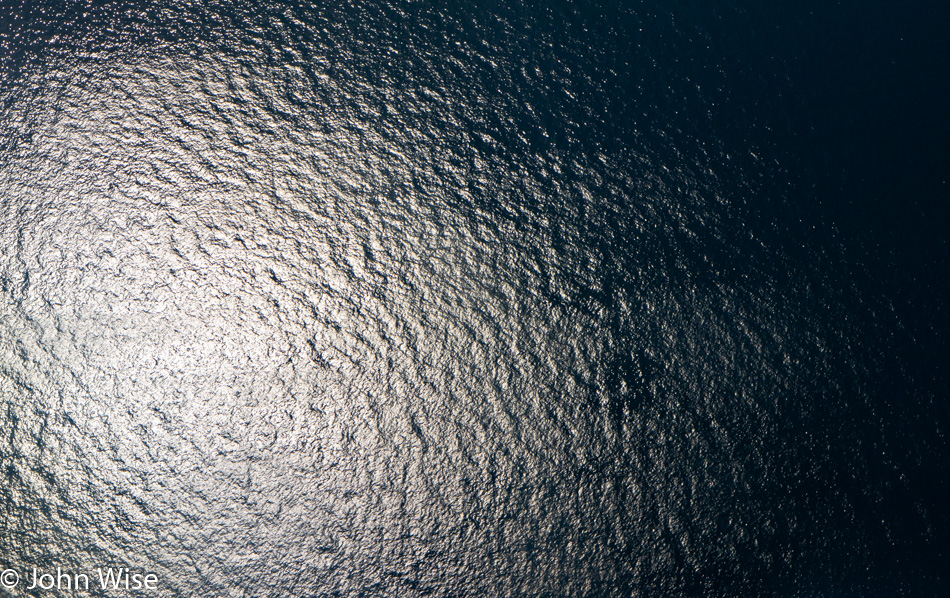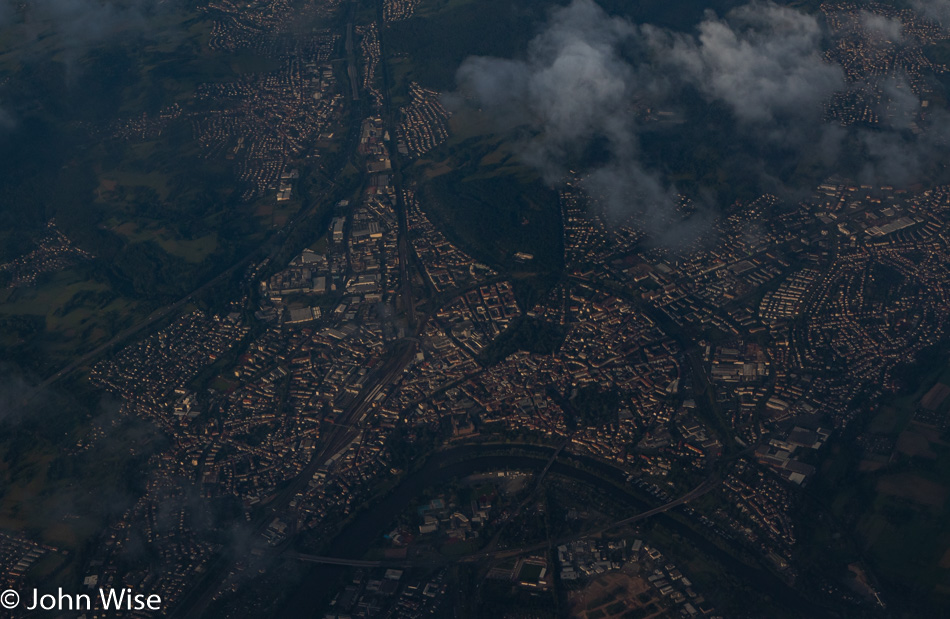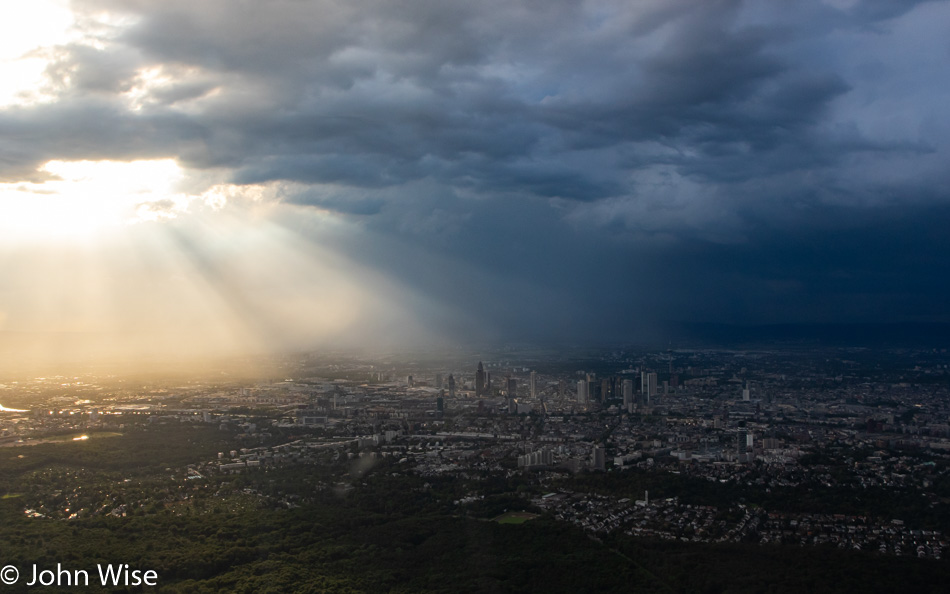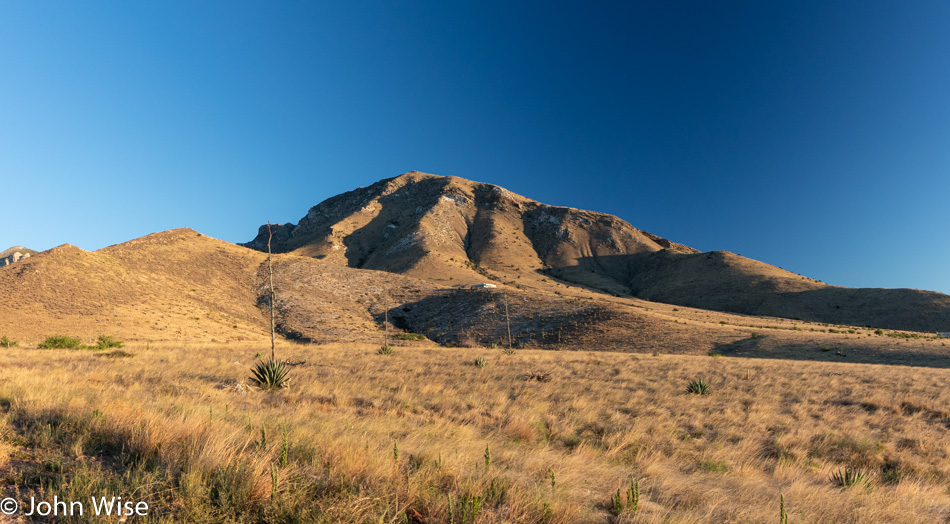
I’m in America, but America is having a hard time finding its way back into me. The confrontation of conformity bludgeons me from the uniform aesthetic of architecture to the uniforms worn by factions belonging more to wolf packs than to individuals. We are a polarized society living in the segregated, class-divided enclaves of our version of normal. America is no longer able to call itself a diverse society unified by an ideal as we have fragmented into isolated interest groups that do not trust others who are not like themselves.
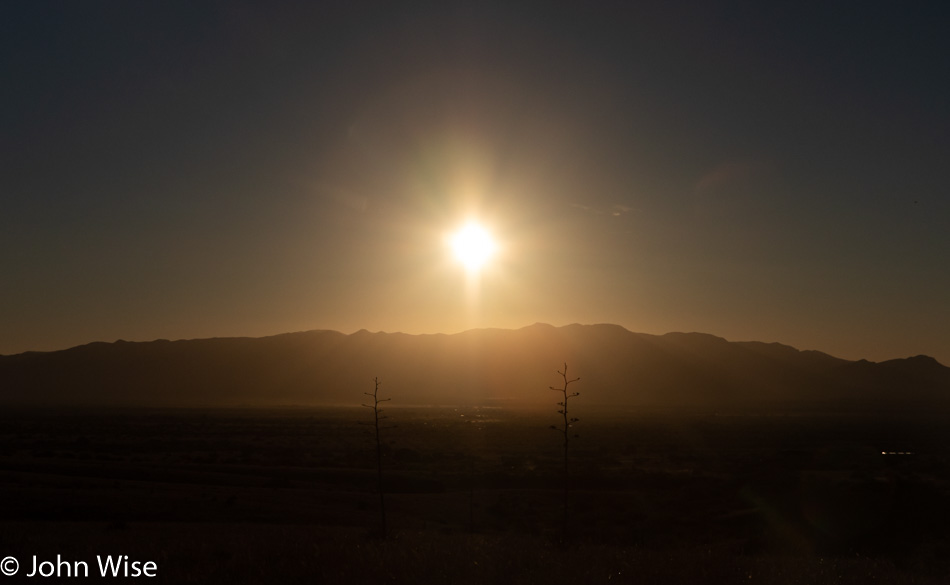
Out in the nowhere of quiet America, we are away from the noise and are able to find the harmony where we need not consume the pablum that is dulling what made this country great. In my view, our greatness was so vast and abundant that we had a ready supply for the rest of Earth, and what gave us that was our curiosity to explore the horizons of what we didn’t know. This idea is now relegated to vague concepts shown to us in the movies of fictional heroes where people, good and bad, take risks. The average person today simply struggles to find a slightly better-paying job, health care, money for emergencies, and a free weekend to get out of town.
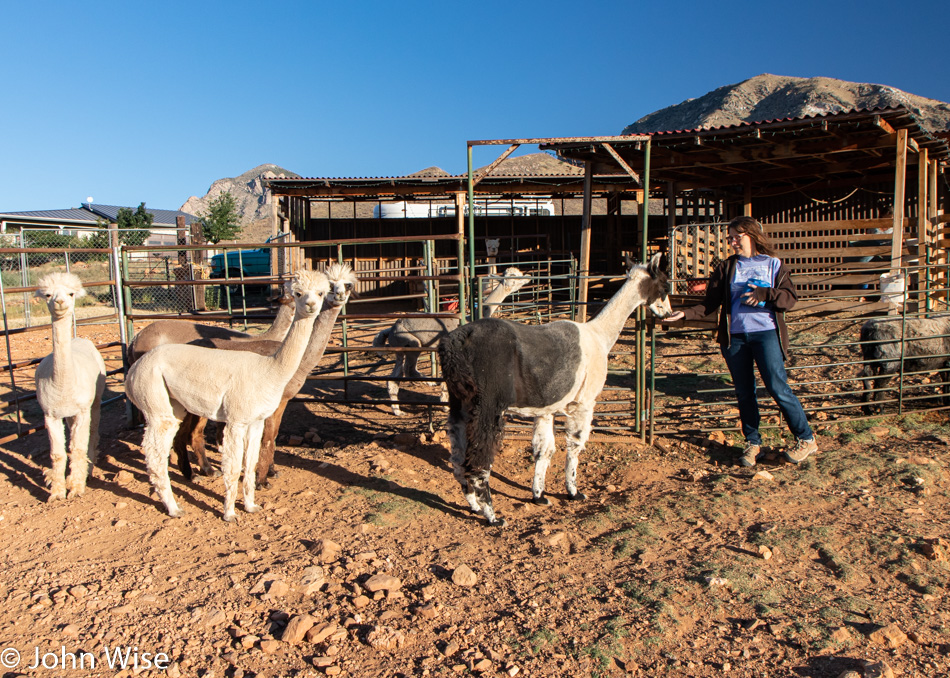
Like herd animals, we stand behind the strong leader who is hand-fed money, making them loyal to us but never do they dare share even a small part of their strength and position of privilege. We stand in the back, distracted, looking at the sock puppet in the corner, never realizing that even our fur has been stolen to benefit someone else.
Being down south near Bisbee, Arizona, has allowed me a brief respite from the incessant blogging of our trip to Europe that is keeping me effectively locked on vacation and in a European mindset while I’ve been physically among a bunch of people I resent for their abhorrent blandness. Their interest in being present, curious, aware, and finding education feels non-existent, as though it was thoroughly and completely lost. I expect that behavior from animals, dirt, mountains, and insects but not from my fellow Americans.
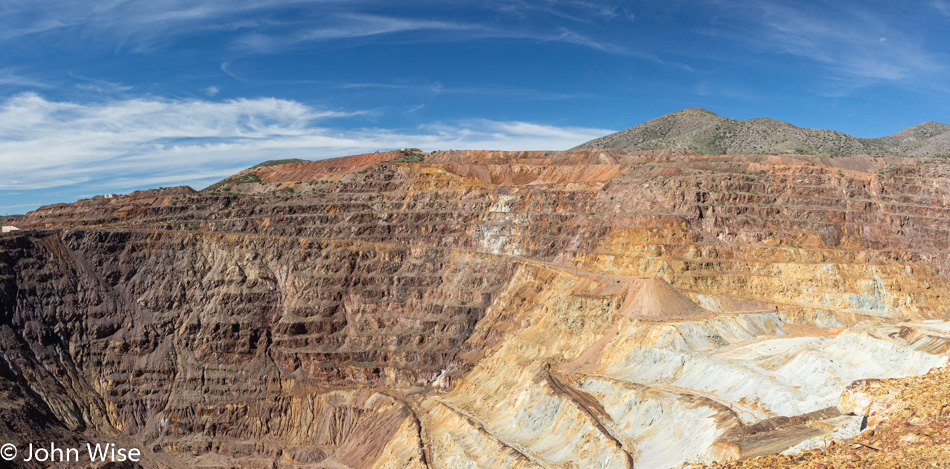
It’s as though we mined everything good out of who we were and replaced it with a giant hole filled with air. The thing is that when I visit the incredible expanse of beauty that stretches from the Atlantic to the Pacific, I must look within to interpret and give value to what I’m perceiving with my senses. When among the throngs of humanity, I need to encounter a similar expanse of potential that should stretch from the left ear to the right one. Falling into a bottomless pit only triggers my fear of exposure, where I might lose my footing and tumble into the abyss.
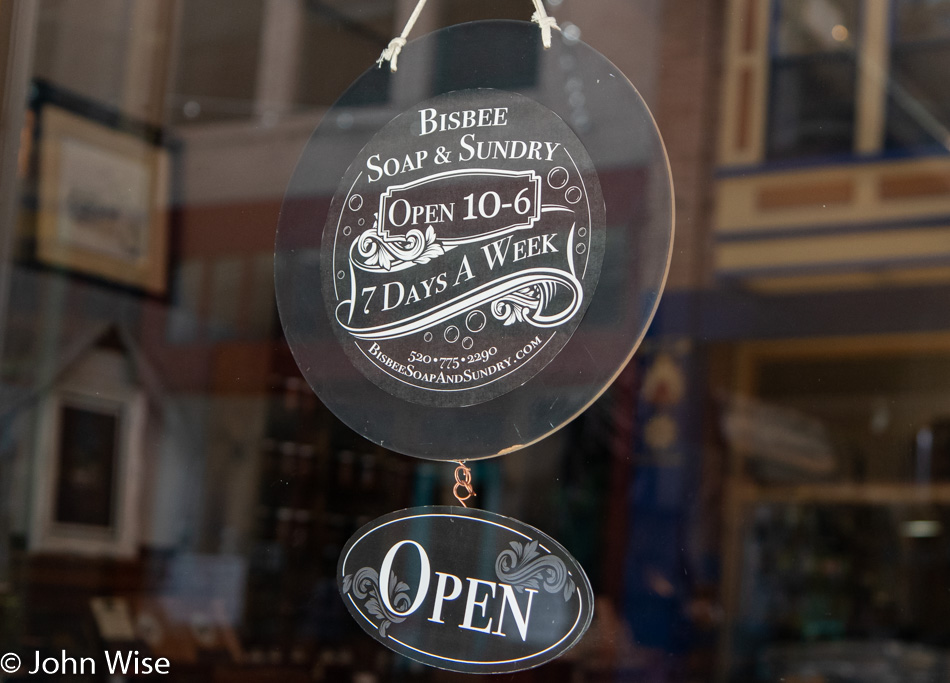
I encountered a breath of fresh air as I met Amber at the Bisbee Soap & Sundry. Scott Jaeger of Industrial Music Electronics up in Washington, upon hearing that Caroline and I were heading south to Bisbee, suggested we make a stop at this shop to visit with the owners, his friends Amber and Mark. Scott wasn’t wrong, as it’s instantly obvious that the proprietors are well-grounded people, and at least my encounter with half the team was a great one. I left with a dozen bars scented with creosote, tobacco & bay, vetiver, and lemongrass.
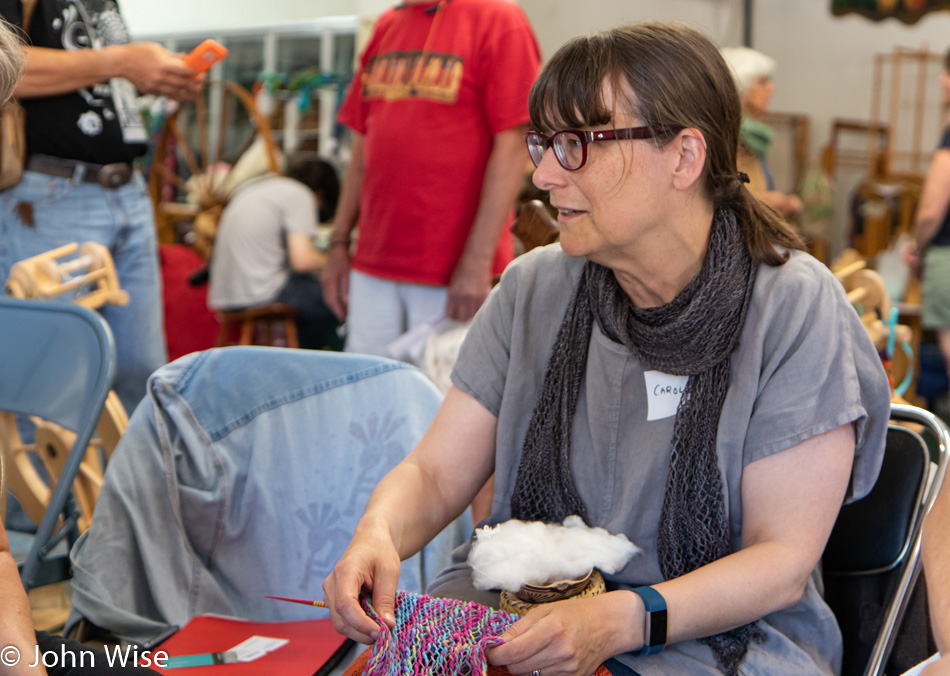
Back over at the fiber retreat, I spy a while on Caroline in her element as, without recognizing that I’ve snuck in, she enthusiastically introduces a few other ladies to her work in making objects using the sprang method.
From Wikipedia: Sprang is an ancient method of constructing fabric that has a natural elasticity. Its appearance is similar to netting, but unlike netting, sprang is constructed entirely from warp threads. Archaeological evidence indicates that sprang predates knitting; the two needlework forms bear a visible resemblance and serve similar functions but require different production techniques.
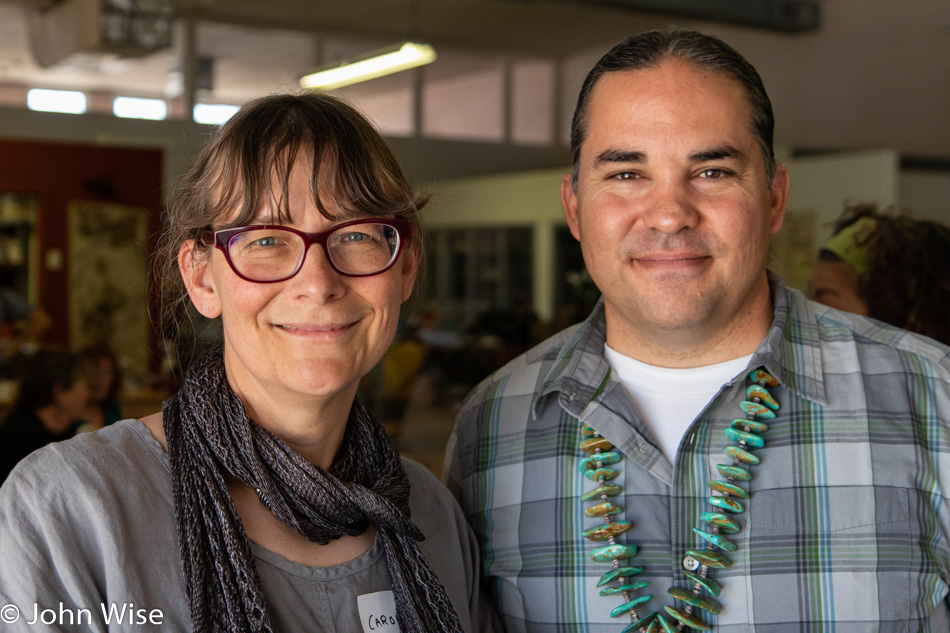
Caroline is pictured here with Louie Garcia, a weaver, spinner, and teacher from the Tiwa/Piro Pueblo in New Mexico. She’s wanted to take a workshop with this guy for years and was afraid that her last-minute registration for the event would end up excluding her, but luck was on her side, and she was not only able to learn from him during the day but the keynote after dinner was also being given by Louie.
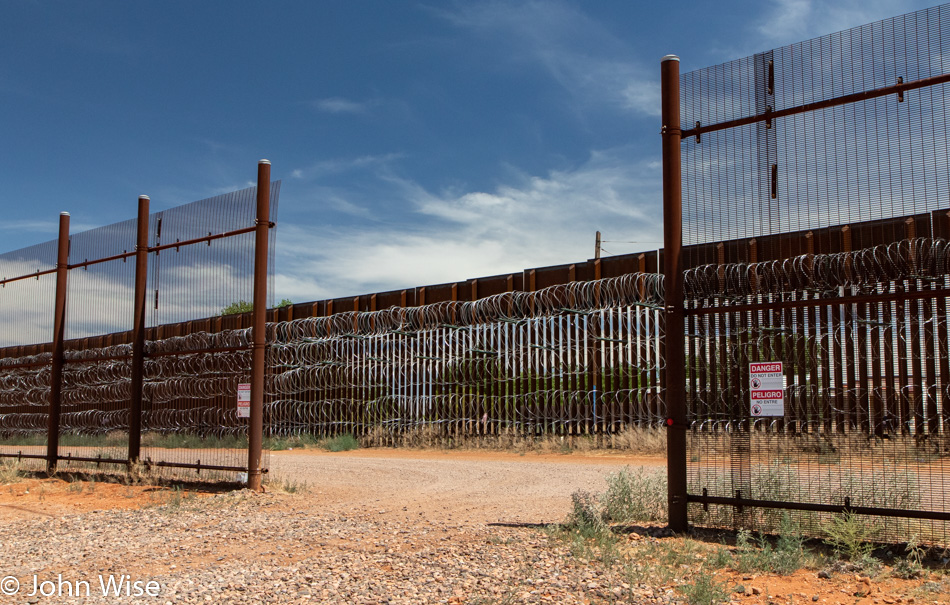
Think about it a moment: if we’d have had the ability to build these kinds of barricades and hostile fences when our forefathers were rounding up and isolating Louie Garcia’s ancestors who were the original inhabitants of the lands we grabbed for ourselves, we would have put them under even harsher conditions than we did and would be dealing with the guilt of such inhumane treatment. I wonder how many years it will take before we look at these barriers with disdain that we’d begrudge so many people for trying to survive within an economic system that manufactures disparities that foster conditions that force people to struggle for basic survival.
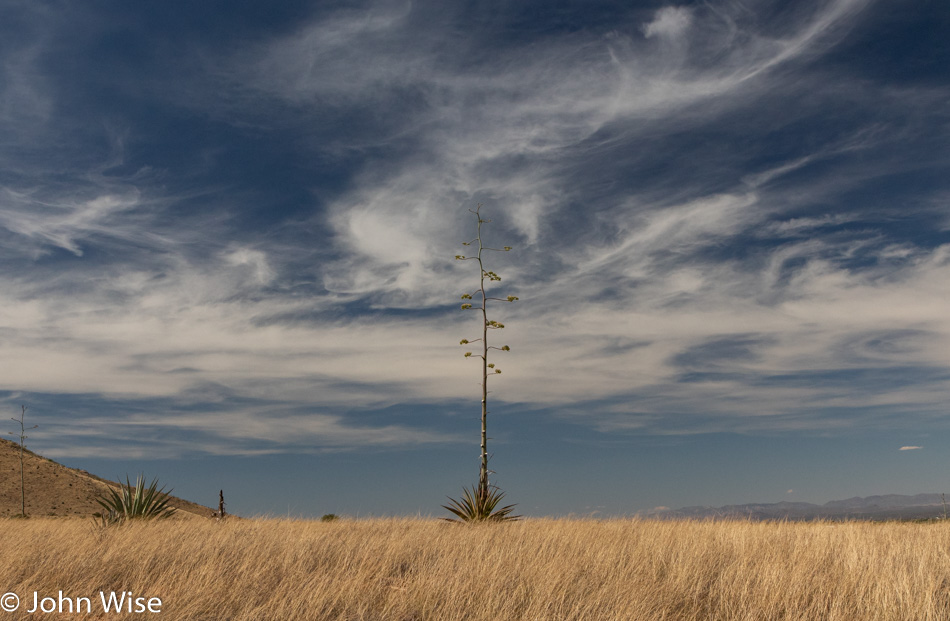
The agave is reaching the clouds this year, leaving us wondering what exactly are the conditions that lead them to be taller in certain years and significantly shorter in others.
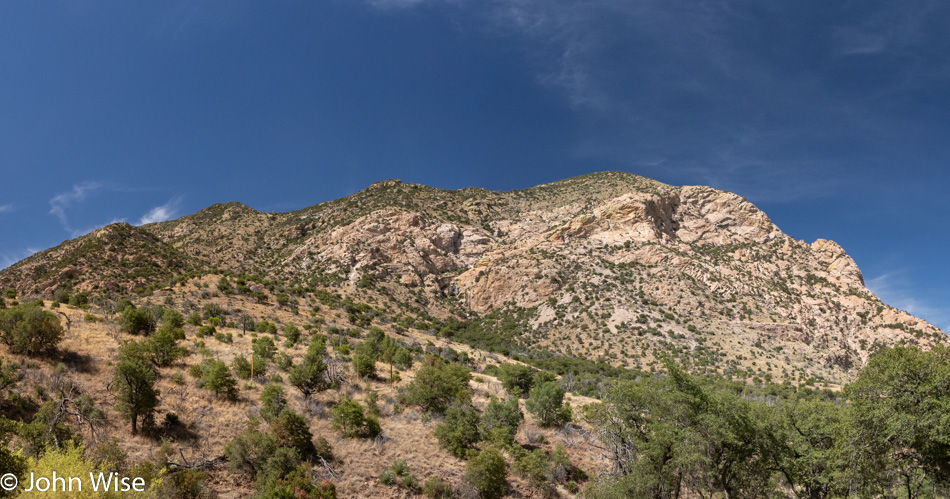
My day out on the road and in thought concludes at the Coronado National Memorial before returning to Bisbee for Caroline and me to get some dinner and head back to our remote getaway.
